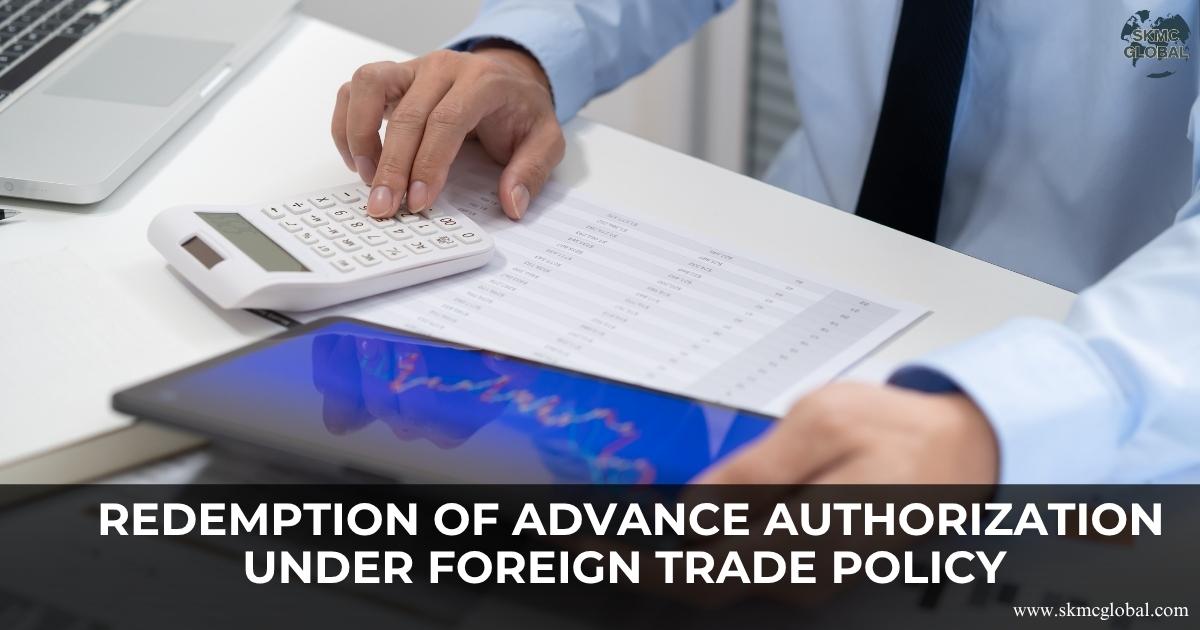
Redemption of Advance Authorization under Foreign Trade Policy (FTP)
Advance Authorization Scheme, or the Advance License Scheme for short, is one of the keystone schemes of India's Foreign Trade Policy (FTP). The scheme, with the aim to render Indian exports more competitive in international trade, offers a facility to the exporter to import duty-free raw material and inputs needed for export production. By eliminating the cost of import duties, the cost of production can be reduced, price competitiveness assured, and India's dominance overseas strengthened.
While acquiring an advance authorization is the most important first step, redemption stage is as important as well. Redemption—in the form of issuance of the Export Obligation Discharge Certificate (EODC)—marks fulfillment of export commitments and full closure of the licence. Delayed redemption can attract penalties, interest, or claims for duties lost.
In this detailed handbook, we discuss the operation of the advance authorization scheme, the redemption process step by step, documents required, salient features under FTP and Handbook of Procedures (HBP), typical difficulties for exporters, and how expert advice from companies like SKMC Global can make compliance easier.
Understanding the Advance Authorization Scheme
The Advance Authorization Scheme is, specifically, aimed to make Indian exports inexpensive in overseas markets. Customs duty is exempted on importation of inputs and raw materials by exporters under the scheme on the condition that such inputs are utilized in the export production of goods.
Advance authorizations are issued under the Foreign Trade Policy 2023 for:
- Physical exports – export of goods in overseas markets.
- Intermediate inputs – supplying inputs to other exporters for processing.
- Deemed exports – supplying goods to domestic units such as EOUs (Export Oriented Units), SEZs (Special Economic Zones), or for projects acquired through International Competitive Bidding.
Principal Benefits of the Advance Authorization Scheme
- Duty Exemption: Inputs imported under the scheme do not attract Basic Customs Duty, IGST, antidumping duty, safeguard duty, and compensation cess.
-
Cost Flexibility: The exporter can procure inputs from any place across the globe without paying advance duty.
-
Liquidity and Working Capital Savings: Duty-free import saves cash outgo and increases working capital efficiency.
Basis of Issuance
Advance authorization is issued on the basis of inputs in terms of the resultant product on:
- Standard Input Output Norms (SION) notified by DGFT.
- Self-declaration under Paragraph 4.07 of HBP.
- Applicant-specific norms laid down by the Norms Committee (Paragraph 4.06 of HBP).
- Self-Ratification Scheme under Paragraph 4.07A of FTP.
Validity period for import and Revalidation of Authorization
The import licence is usually effective for 12 months from issue date, with a one revalidation facility of another 12 months, on application and approval; otherwise, no revalidation is allowed. In case of export commitments against such authorizations, the normal period stands at 18 months from issue date, extendable according to procedures and charges applicable.
Export Obligation under Advance Authorization
Export Obligation (EO) is one of the key provisions of the Advance Authorization Scheme. All the holders of advance licence need to fulfill the export obligation within a defined time period.
Main Features of Export Obligation:
- Export Obligation Period (EOP): Generally, 18 months from the issue date of the licence, though extensions are permissible in defined cases.
- Basis of Export Obligation: Exporters will ensure that the goods exported are manufactured on the basis of free-duty inputs imported.
- Calculation of EO: EO is to be computed on the CIF value of imports, and it is to be calculated as percentage addition as defined under FTP/HBP.
Non-compliance can result in:
- Redemption of foregone duties along with interest.
- Fines for late or short shipment exports.
- Ban on future advance authorization approval authorizations.
Redemption is thus not discretionary—it is compulsory statutorily under the FTP.
Redemption of Advance Authorization – Overview
Redemption is formal termination of an advance authorization licence after discharge of export obligation. It is a procedure of document filing with DGFT testifying compliance with EO conditions. Upon examination, DGFT issues Export Obligation Discharge Certificate (EODC), which is formal notification of closure of licence.
Redemption assures:
- FTP and HBP provision compliance.
- Legal closure of the licence.
- Avoidance of penalty or legal complications.
Step-by-Step Process of Redemption
Redemption is a procedure which must be executed with a lot of caution and attention to detail. The below mentioned is a step by step procedure:
1. Preparation of documents
Exporters must collect all the documents that are necessary, which typically include:
- Original Advance Authorization licence.
- Import documents (Bills of Entry).
- Shipping bills and e-BRCs (export realization evidence).
- Appendix 4H form reflecting exports against the licence.
- CA certificate in Appendix 4H format, confirming EO compliance.
2. Filing of Redemption Application
Redemption application is filed on the DGFT portal under the "Advance Authorization Redemption" option. The application must contain:
- Licence details.
- Mapped import/export data.
- Supporting documents in PDF format.
3. DGFT Verification
Formal verification by DGFT involves:
- Imports and exports value and quantity.
- Correspondence between exported product and imported material (as per SION).
- Bank Realization Certificates (BRCs) for determining foreign exchange inflow.
4. Issuance of EODC
After ascertaining all documents and information are in order, DGFT grants an Export Obligation Discharge Certificate (EODC). The license is considered officially redeemed.
5. Intimation to Customs
On grant of EODC, DGFT intimates Customs to cancel the bond that was executed on the date of imports, thus completing the entire process of redemption.
Challenges Frequent in Redemption
Even though redemption is a regular procedure, exporters encounter challenges:
1. Discrepancy in Shipping Bill Information: Inaccurate scheme code or licence number may delay processing.
2. Export Obligation Delay: EO may not be completed within the set timeframe.
3. Issues with BRC: Delay in receipts or difference in e-BRCs by banks.
4. Incorrect Application of Right Norms: Misapplication of SION norms or self-declaration can result in rejection.
5. Technical Snag on DGFT Portal: Technical problems may delay online application filing.
Precautions and proper documentation are required to avoid such issues.
How SKMC Global Can Assist Redemption
For exporters, professional guidance can come in handy to make the redemption process easier. SKMC Global handles end-to-end compliance under Advance Authorization Scheme or Advance License Scheme.
Our Services Include:
- Eligibility Test: Compliance testing with export obligations and creating a clear redemption path.
- Documentation Support: Preparing Appendix 4H, CA certificates, and collection of BOEs and shipping bills.
- Online Filing: End-to-end submission of redemption applications seamlessly on the DGFT portal.
- Liaison with DGFT & Customs: Coordination of deficiency letters, clarifications, and bond closure procedures.
- Advisory Services: Advisory on EO extension, clubbing of licenses, and Advance Authorization clubbing provisions.
With access to professional expertise, exporters can avoid penalties, minimize delays, and focus on business growth.
Conclusion
Advance authorization redemption is a compliance necessity under India's Foreign Trade Policy. It is not a hollow procedural requirement but delivers:
- Legal closure of licenses.
- Penalty avoidance, interest, and recovery action.
- Seamless reconciliation of import and export transactions.
Exporters must maintain meticulous records, track export obligations, and submit redemption applications within the prescribed time limits. Familiarity with the concerned FTP and HBP provisions is the master key for compliance without hassles.
To exporters who might find these processes too complicated or time-consuming, professional handling from firms such as SKMC Global can facilitate it. Our expertise ensures:
- Timely redemption.
- Accurate documentation.
- Smooth processing of all matters involving compliance.
With SKMC Global, exporters can focus on developing their international business while entrusting regulation compliance to professionals.
Recent Posts
-
 Union Budget 2026 updates...
Feb 02,2026
Union Budget 2026 updates...
Feb 02,2026
-
 SEBI’s New Co-Investment Framework for AIFs: An ...
Jan 14,2026
SEBI’s New Co-Investment Framework for AIFs: An ...
Jan 14,2026
-
 Incorporation of Company in Saudi Arabia...
Jan 05,2026
Incorporation of Company in Saudi Arabia...
Jan 05,2026
-
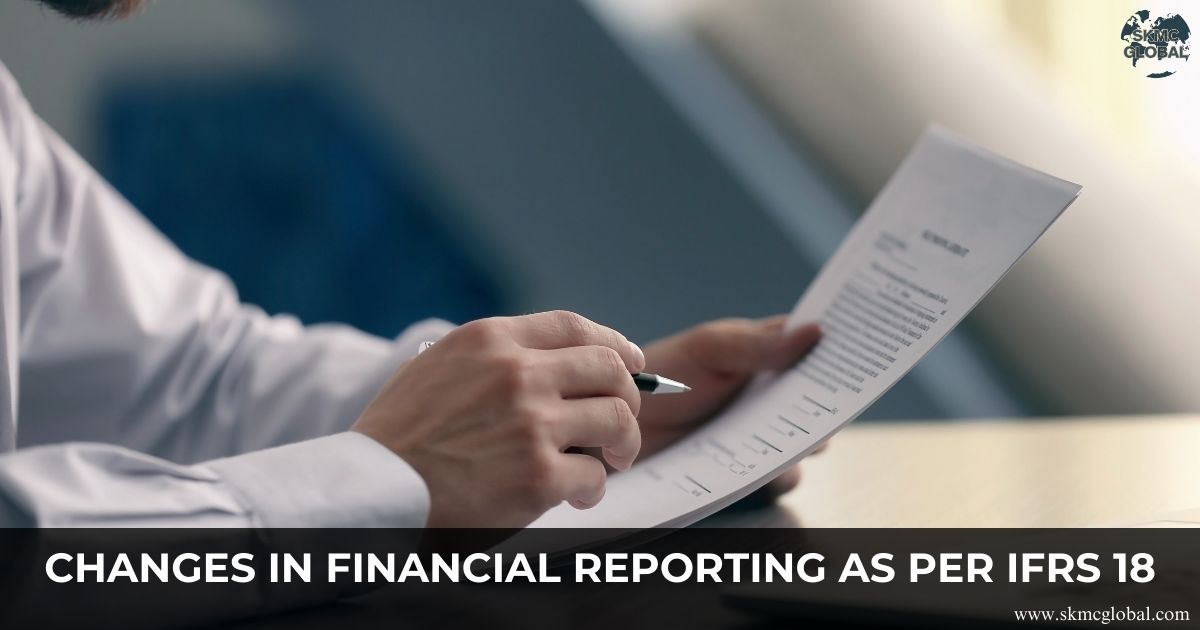 Changes in Financial Reporting as per IFRS 18...
Dec 31,2025
Changes in Financial Reporting as per IFRS 18...
Dec 31,2025
-
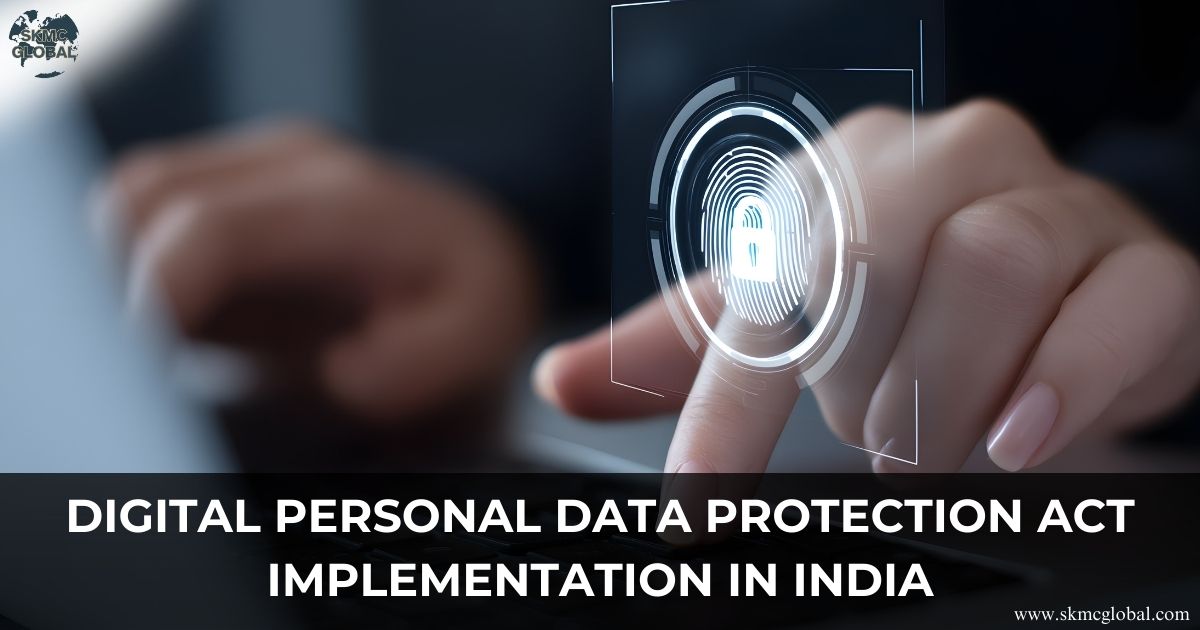 Digital Personal Data Protection Act Implementatio...
Dec 30,2025
Digital Personal Data Protection Act Implementatio...
Dec 30,2025
-
 How to setup a Semiconductor Unit in Gujarat...
Dec 26,2025
How to setup a Semiconductor Unit in Gujarat...
Dec 26,2025
-
 Process of Setting Up a Gratuity Fund Trust in Ind...
Dec 18,2025
Process of Setting Up a Gratuity Fund Trust in Ind...
Dec 18,2025
-
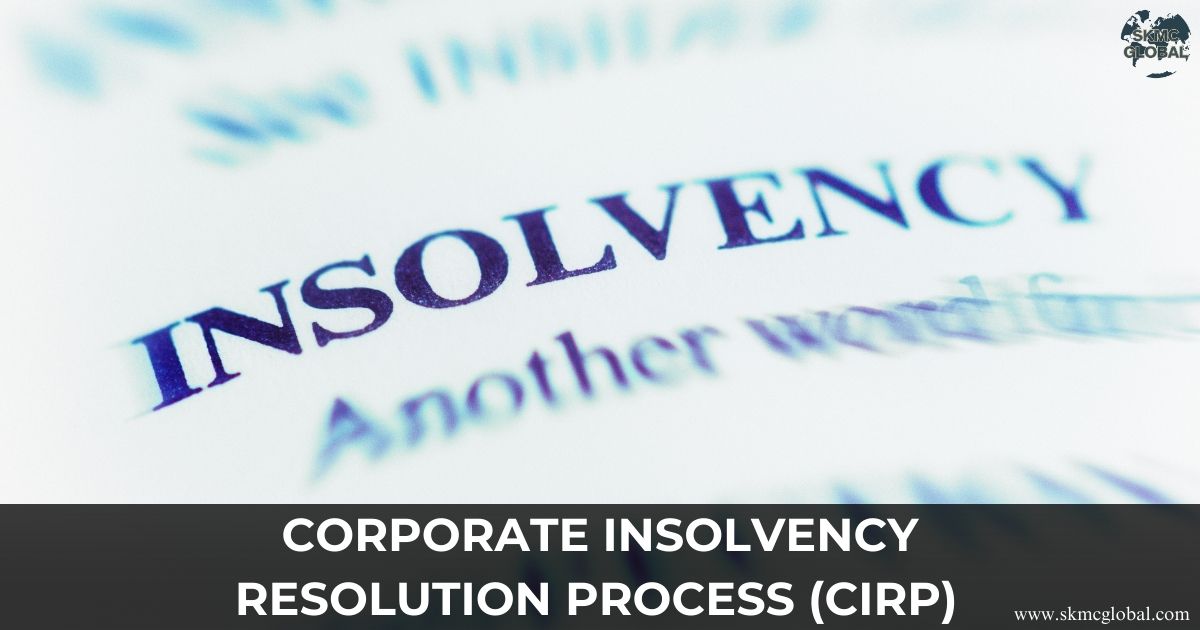 Corporate Insolvency Resolution Process (CIRP) und...
Dec 17,2025
Corporate Insolvency Resolution Process (CIRP) und...
Dec 17,2025
-
 Closure of a company in India...
Dec 12,2025
Closure of a company in India...
Dec 12,2025
-
 Importance of Black Money Act 2015...
Dec 11,2025
Importance of Black Money Act 2015...
Dec 11,2025
-
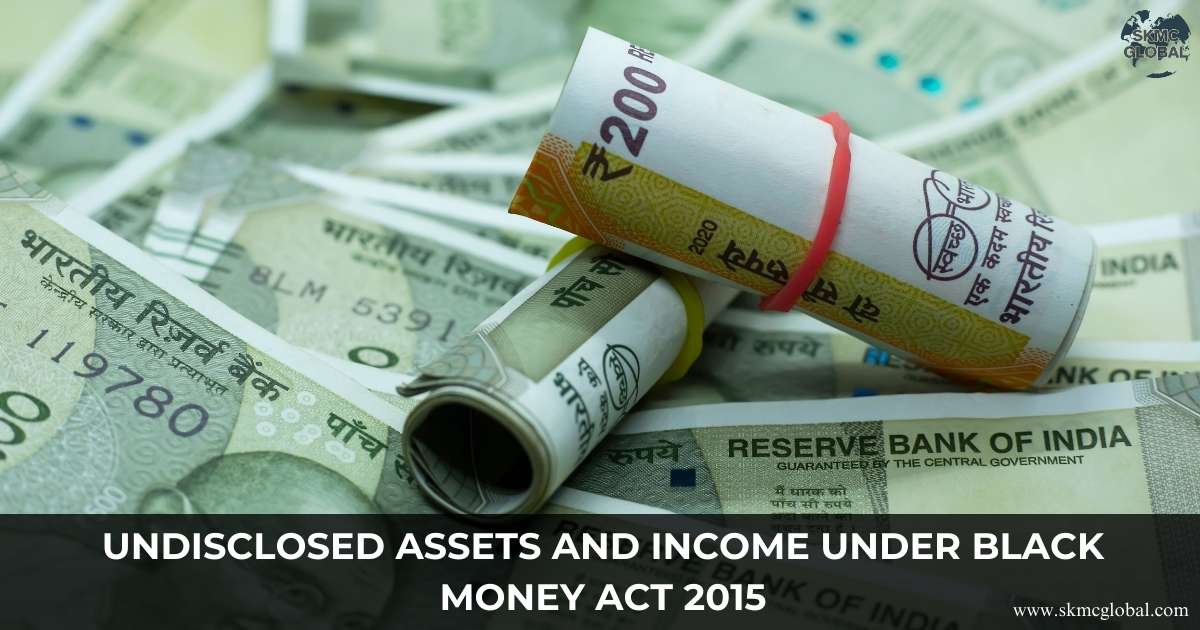 What are undisclosed assets and income under Black...
Dec 08,2025
What are undisclosed assets and income under Black...
Dec 08,2025
-
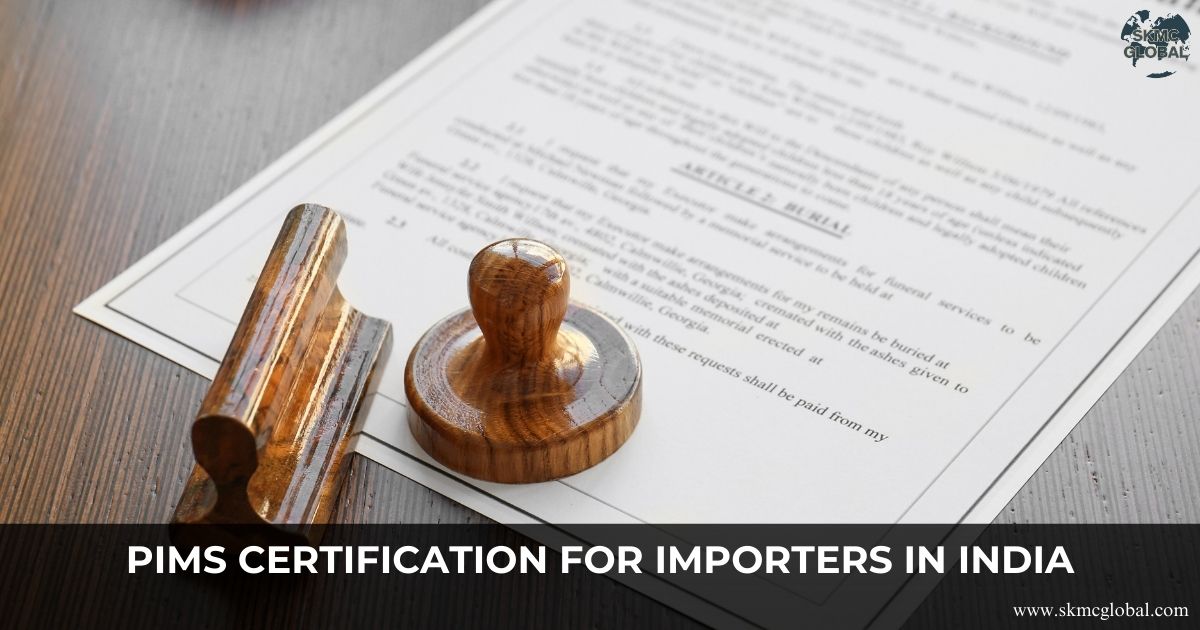 Importance of PIMS certification for Importers in ...
Dec 06,2025
Importance of PIMS certification for Importers in ...
Dec 06,2025
-
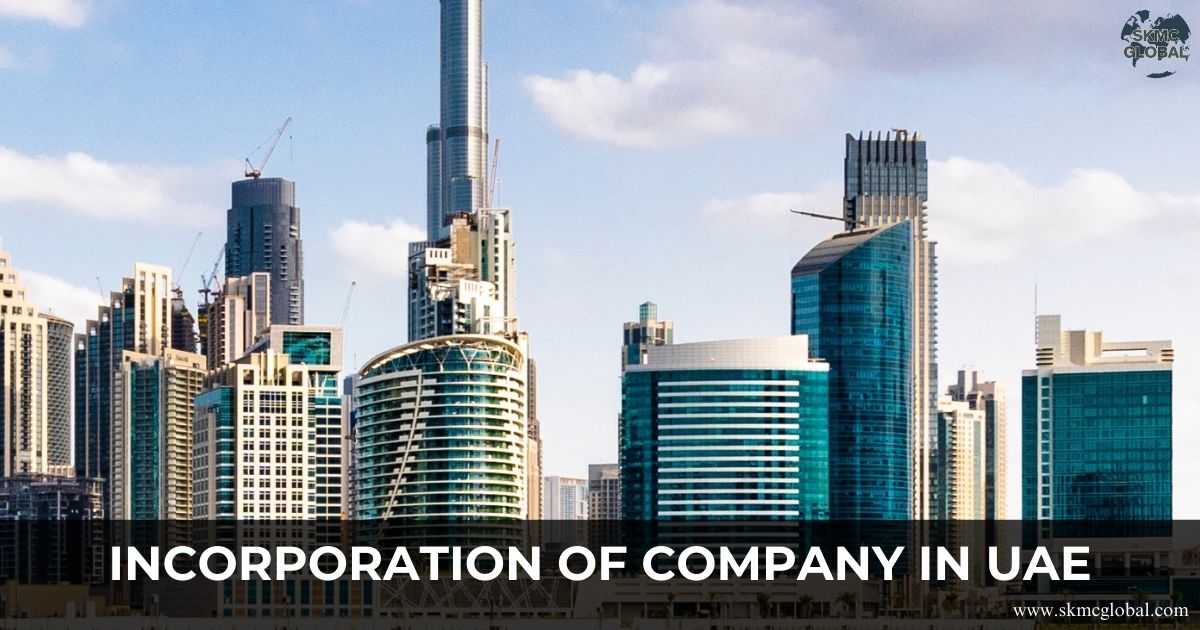 Incorporation of Company in UAE...
Dec 03,2025
Incorporation of Company in UAE...
Dec 03,2025
-
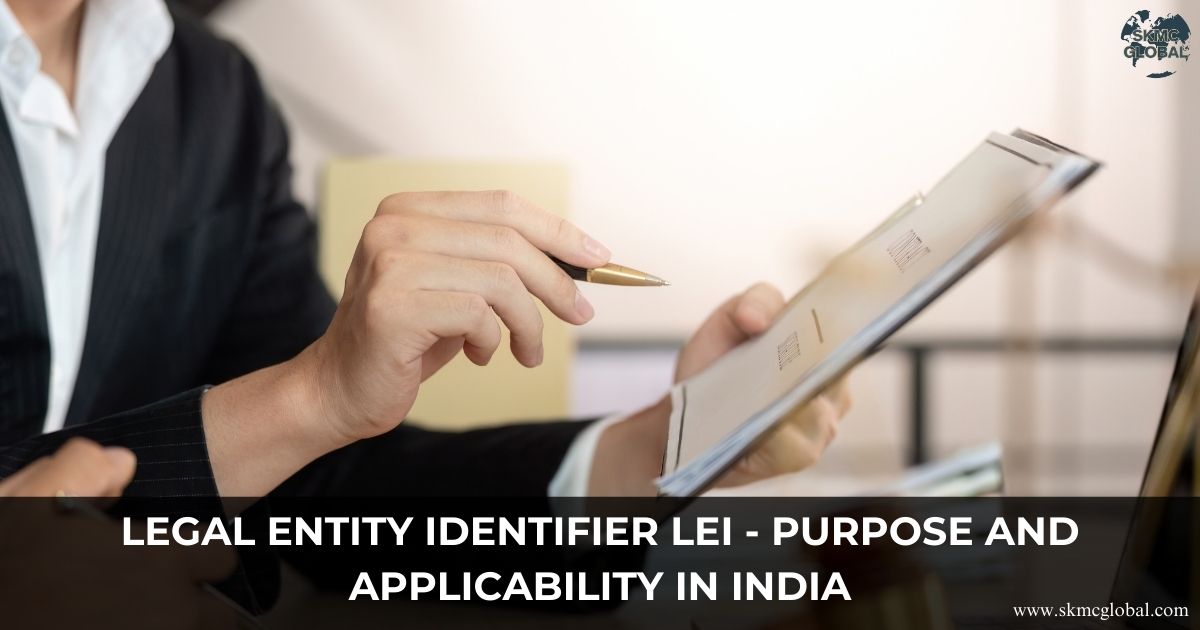 Legal Entity Identifier LEI - Purpose and Applicab...
Dec 01,2025
Legal Entity Identifier LEI - Purpose and Applicab...
Dec 01,2025
-
 Implementation of New Labour Codes 2025...
Nov 29,2025
Implementation of New Labour Codes 2025...
Nov 29,2025
-
 A Step-by-Step Guide to a Smooth Payroll Outsourci...
Nov 28,2025
A Step-by-Step Guide to a Smooth Payroll Outsourci...
Nov 28,2025
-
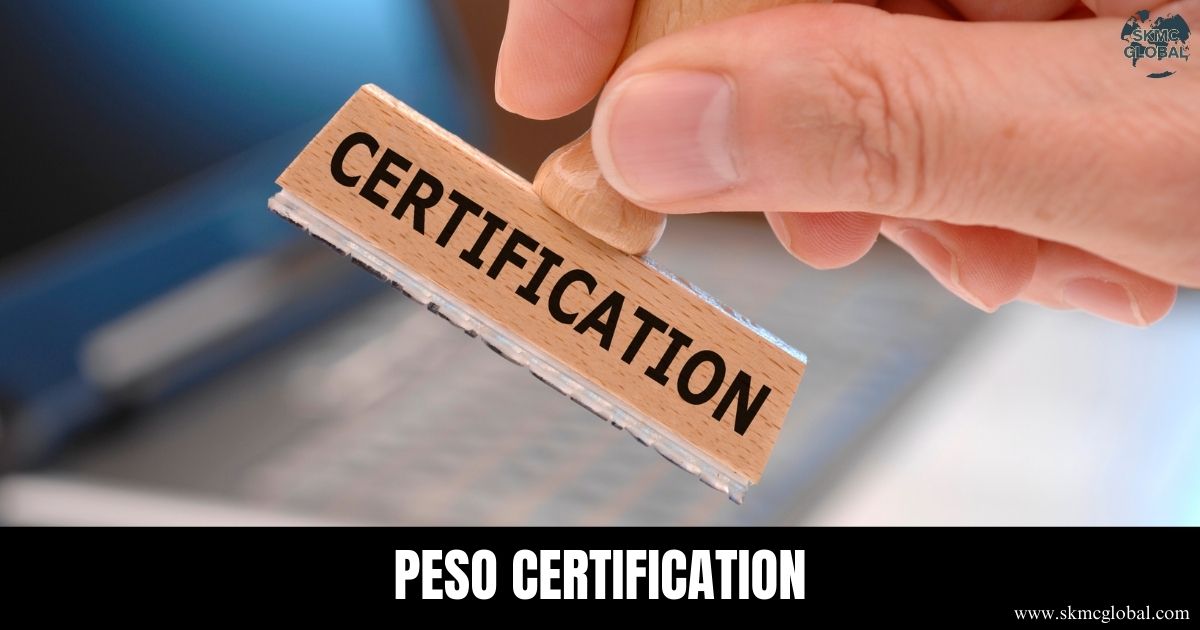 PESO Certification in India...
Nov 26,2025
PESO Certification in India...
Nov 26,2025
-
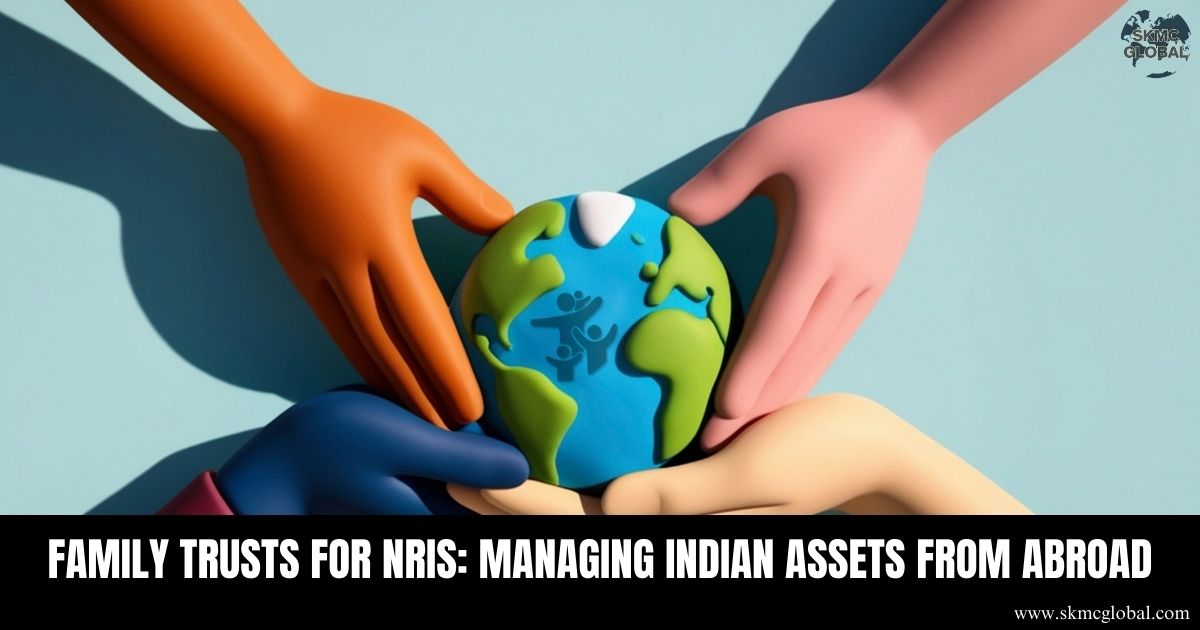 Family Trusts for NRIs- Managing Indian Assets fro...
Nov 24,2025
Family Trusts for NRIs- Managing Indian Assets fro...
Nov 24,2025
-
 Decoding Disclosures: Section 184 of Companies Act...
Nov 21,2025
Decoding Disclosures: Section 184 of Companies Act...
Nov 21,2025
-
 All you want to know about Recycling business in I...
Nov 20,2025
All you want to know about Recycling business in I...
Nov 20,2025
-
 What is Seed Fund Scheme and its relevance for Sta...
Nov 19,2025
What is Seed Fund Scheme and its relevance for Sta...
Nov 19,2025
-
 Incorporation of Company in Singapore...
Nov 18,2025
Incorporation of Company in Singapore...
Nov 18,2025
-
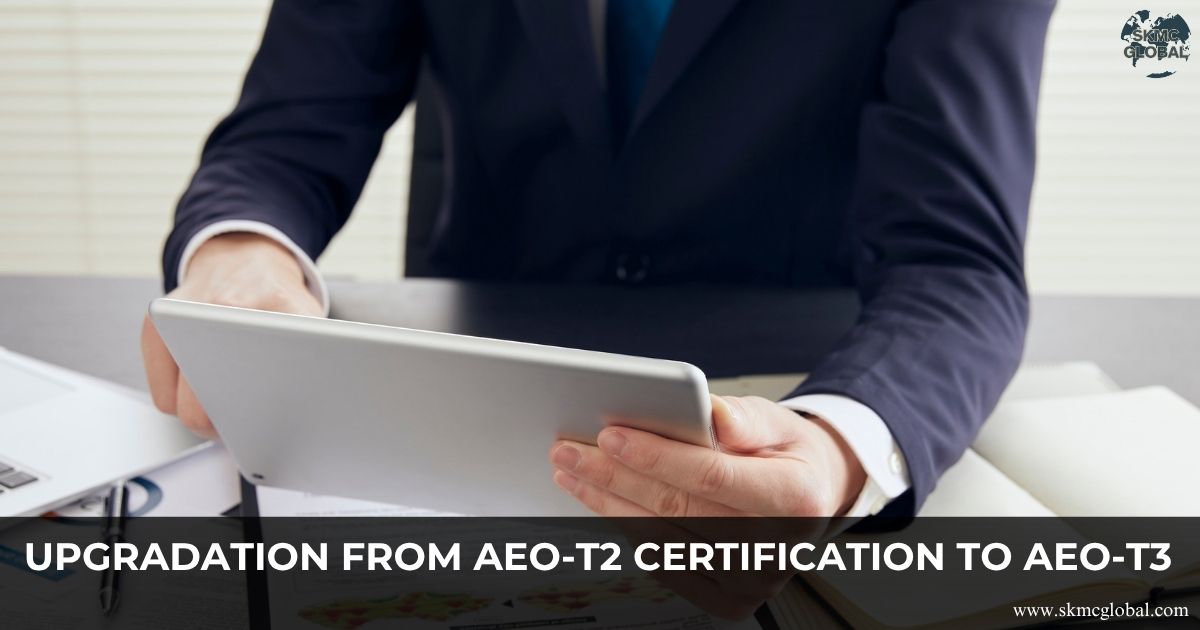 How to upgrade your AEO T2 certification to AEO T3...
Nov 15,2025
How to upgrade your AEO T2 certification to AEO T3...
Nov 15,2025
-
 What is the relevance of APEDA Registration and it...
Nov 14,2025
What is the relevance of APEDA Registration and it...
Nov 14,2025
-
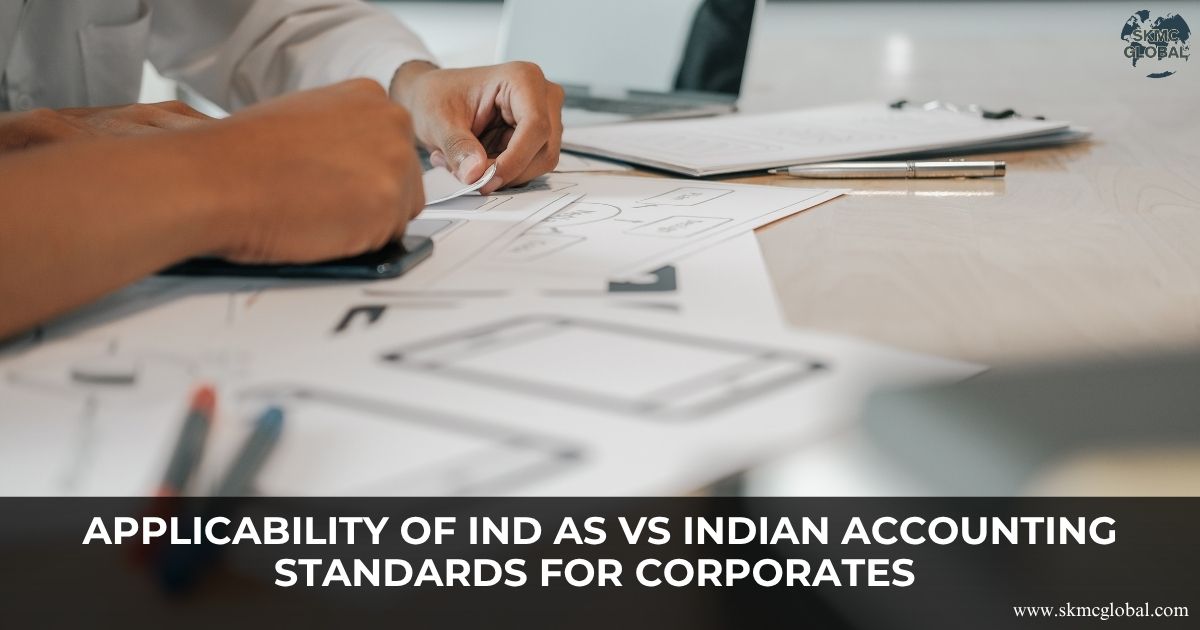 Applicability of Indian Accounting Standards for c...
Nov 11,2025
Applicability of Indian Accounting Standards for c...
Nov 11,2025
-
 Public vs. Private Trust: key Differences in Regis...
Oct 28,2025
Public vs. Private Trust: key Differences in Regis...
Oct 28,2025
-
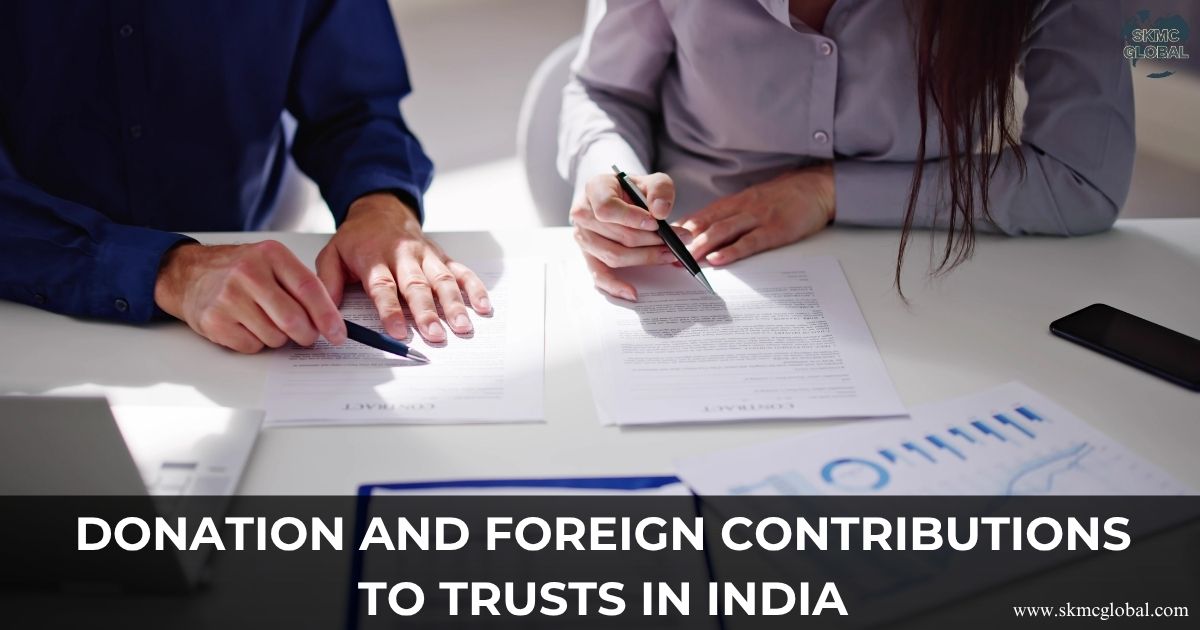 Donation and Foreign Contributions to Trusts in In...
Oct 23,2025
Donation and Foreign Contributions to Trusts in In...
Oct 23,2025
-
 Redeemable Preference Shares as a Financial Tool...
Oct 22,2025
Redeemable Preference Shares as a Financial Tool...
Oct 22,2025
-
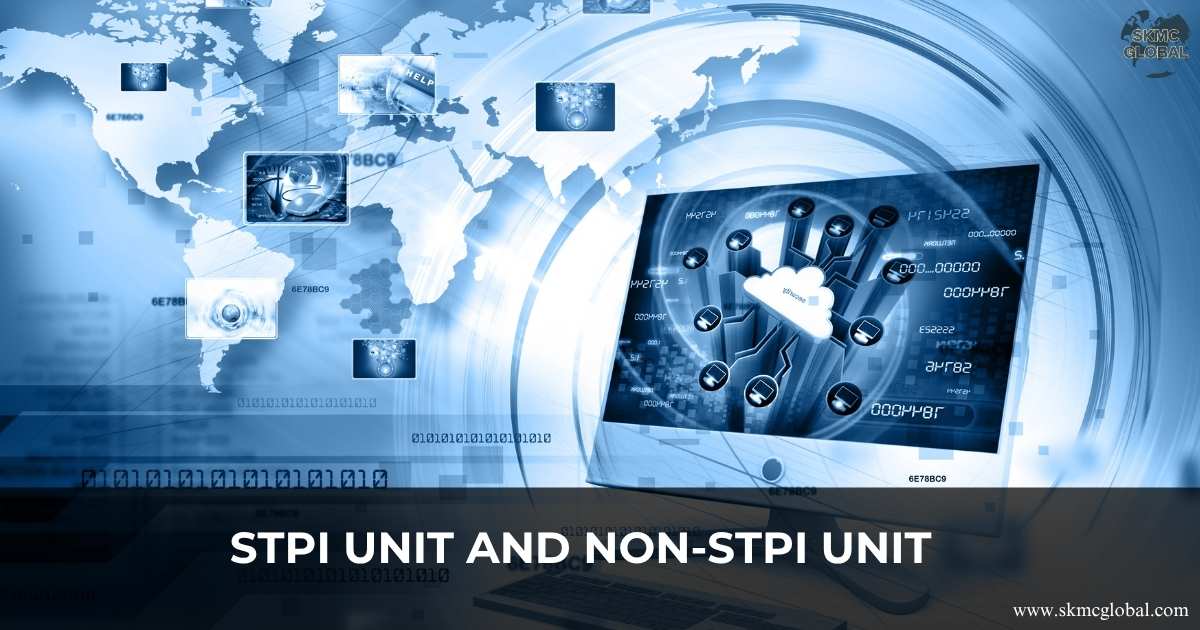 STPI Unit and Non-STPI Unit...
Oct 16,2025
STPI Unit and Non-STPI Unit...
Oct 16,2025
-
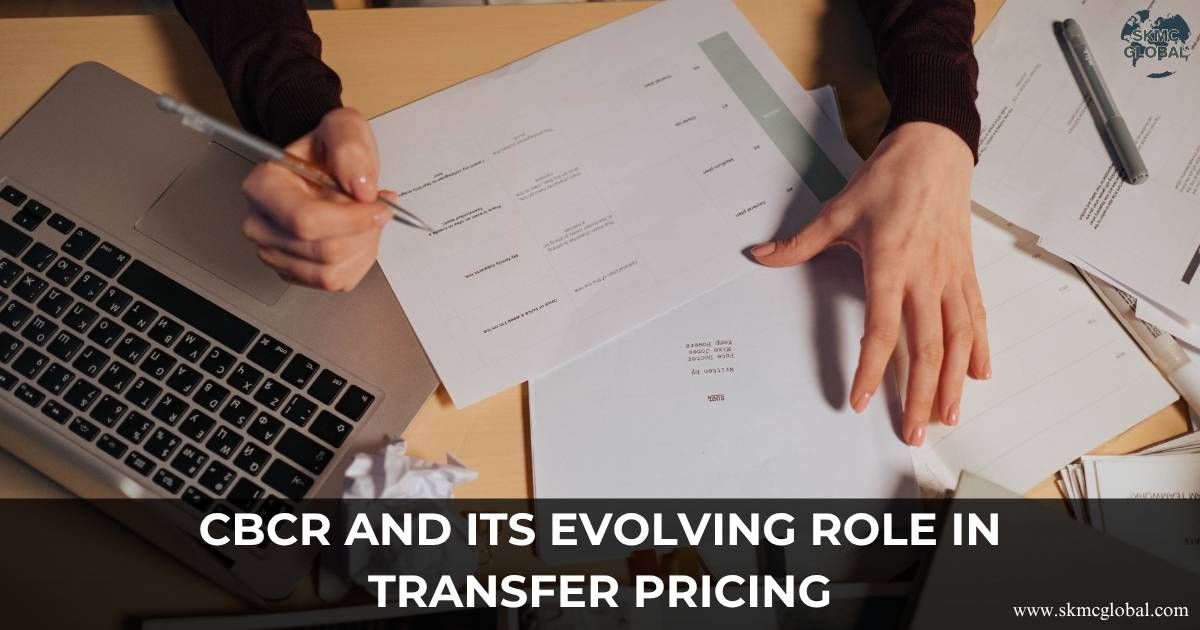 Country-by-Country Reporting (CbCR) and Its Evolvi...
Oct 09,2025
Country-by-Country Reporting (CbCR) and Its Evolvi...
Oct 09,2025
-
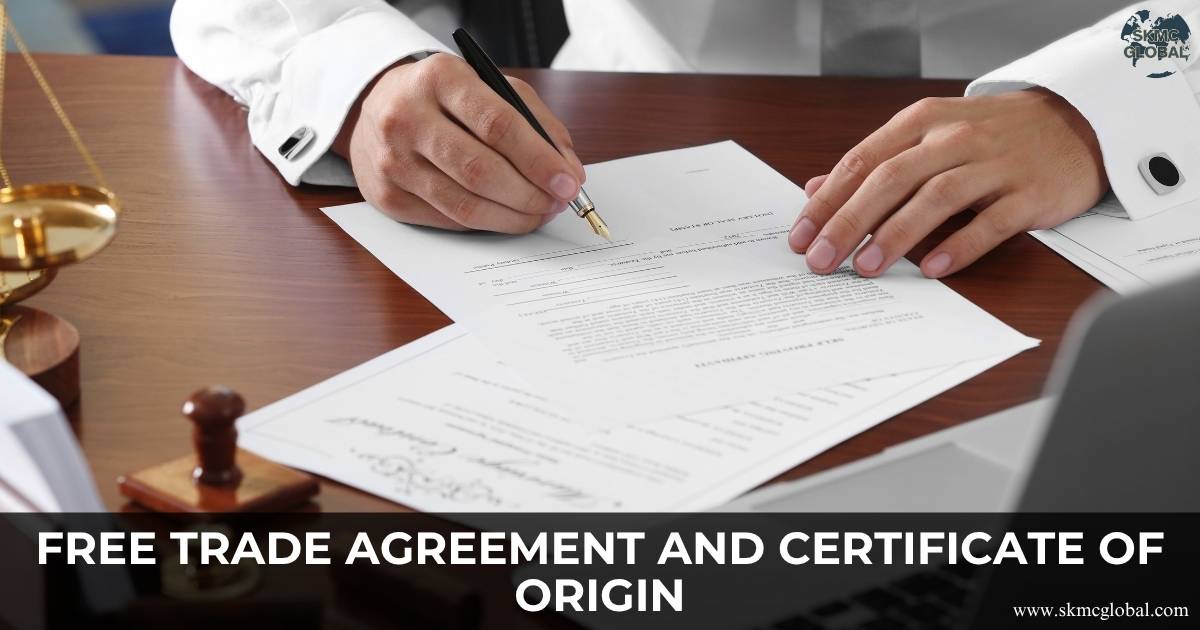 What is Free Trade Agreement and Certificate of Or...
Oct 08,2025
What is Free Trade Agreement and Certificate of Or...
Oct 08,2025
-
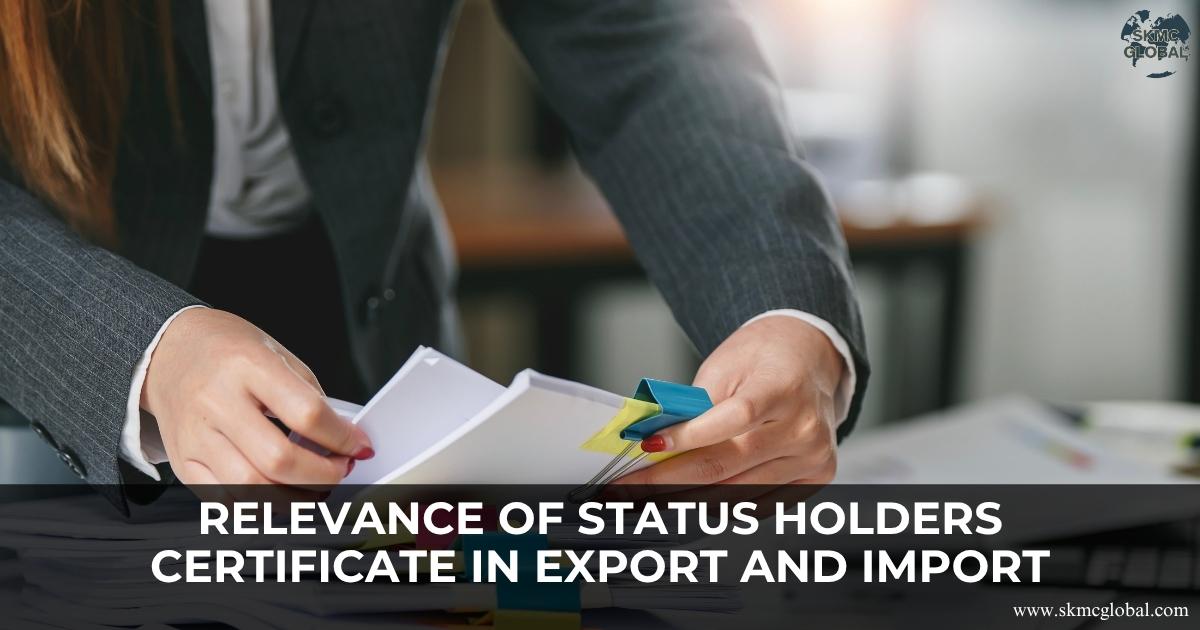 What is the relevance of status holders certificat...
Oct 06,2025
What is the relevance of status holders certificat...
Oct 06,2025
-
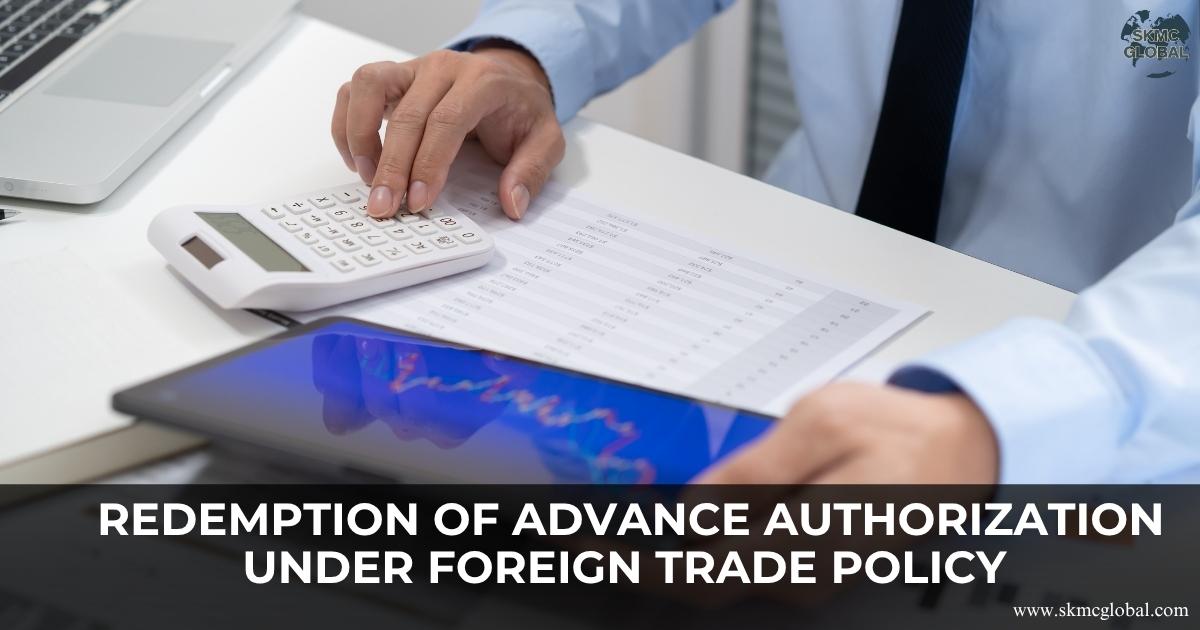 Redemption of Advance Authorization under Foreign ...
Oct 04,2025
Redemption of Advance Authorization under Foreign ...
Oct 04,2025
-
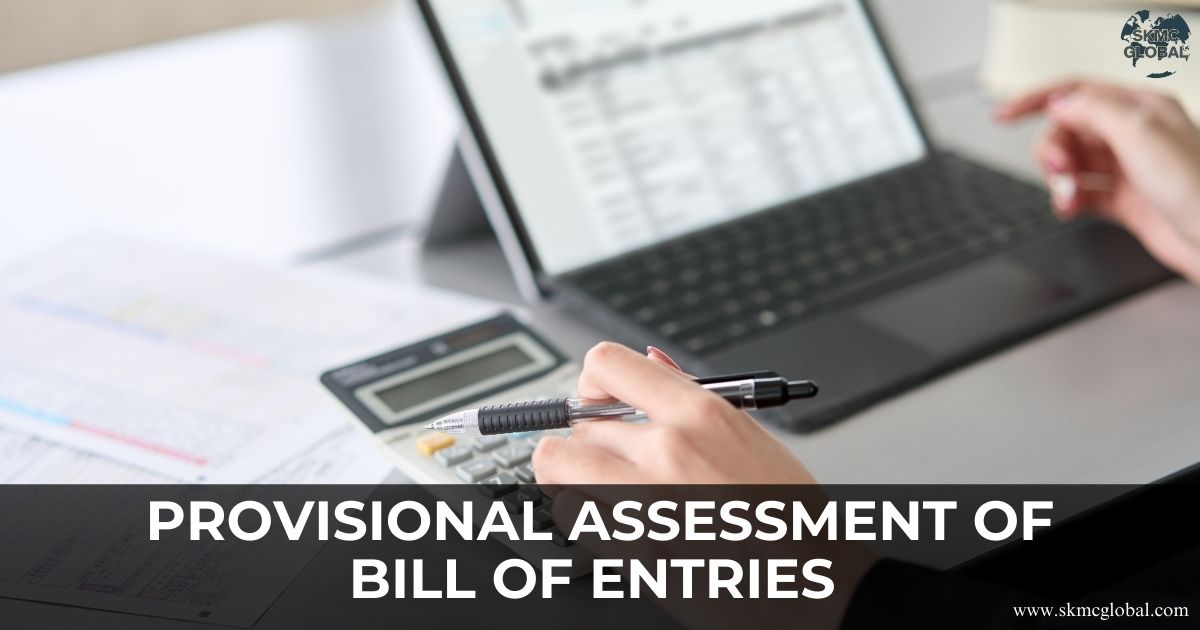 What is provisional assessment of Bill of Entries ...
Sep 29,2025
What is provisional assessment of Bill of Entries ...
Sep 29,2025
-
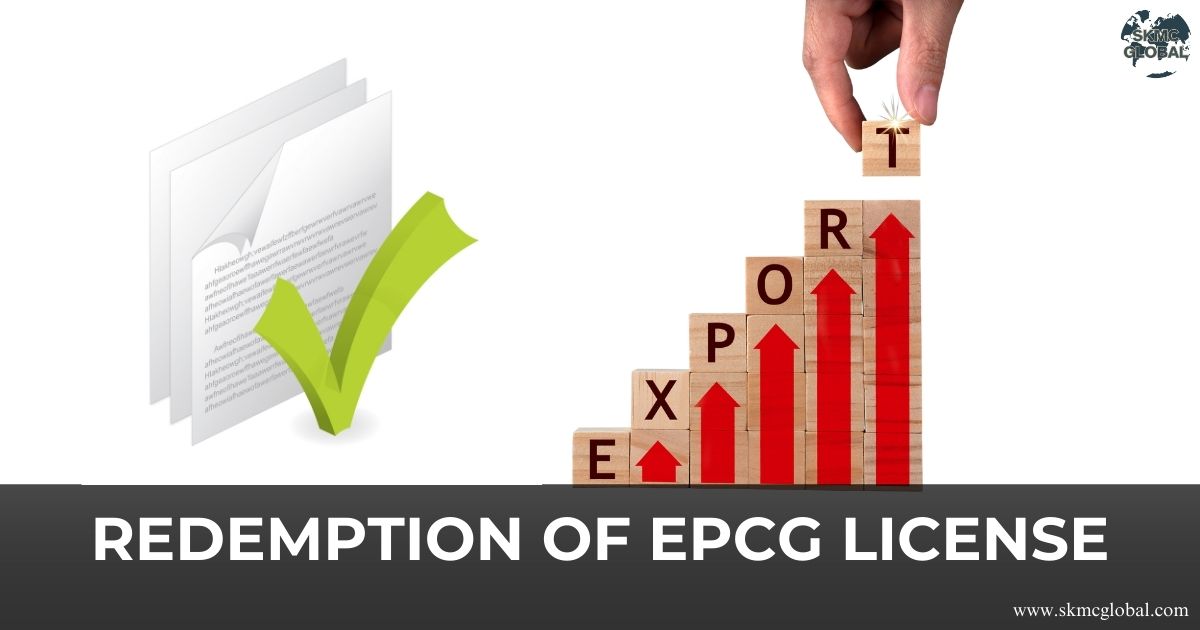 Redemption of EPCG License...
Sep 26,2025
Redemption of EPCG License...
Sep 26,2025
-
 MOOWR (Manufacturing and Other Operations in Wareh...
Sep 24,2025
MOOWR (Manufacturing and Other Operations in Wareh...
Sep 24,2025
-
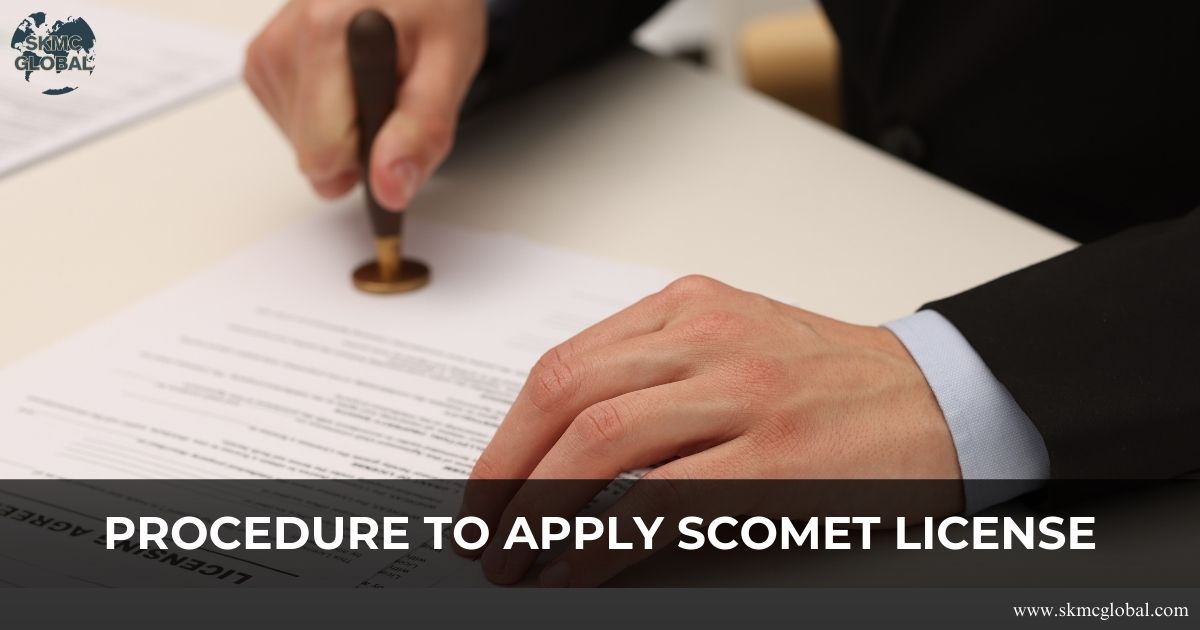 Procedure to Apply SCOMET License...
Sep 22,2025
Procedure to Apply SCOMET License...
Sep 22,2025
-
 Landscape of Semiconductor Industry while Doing Bu...
Sep 18,2025
Landscape of Semiconductor Industry while Doing Bu...
Sep 18,2025
-
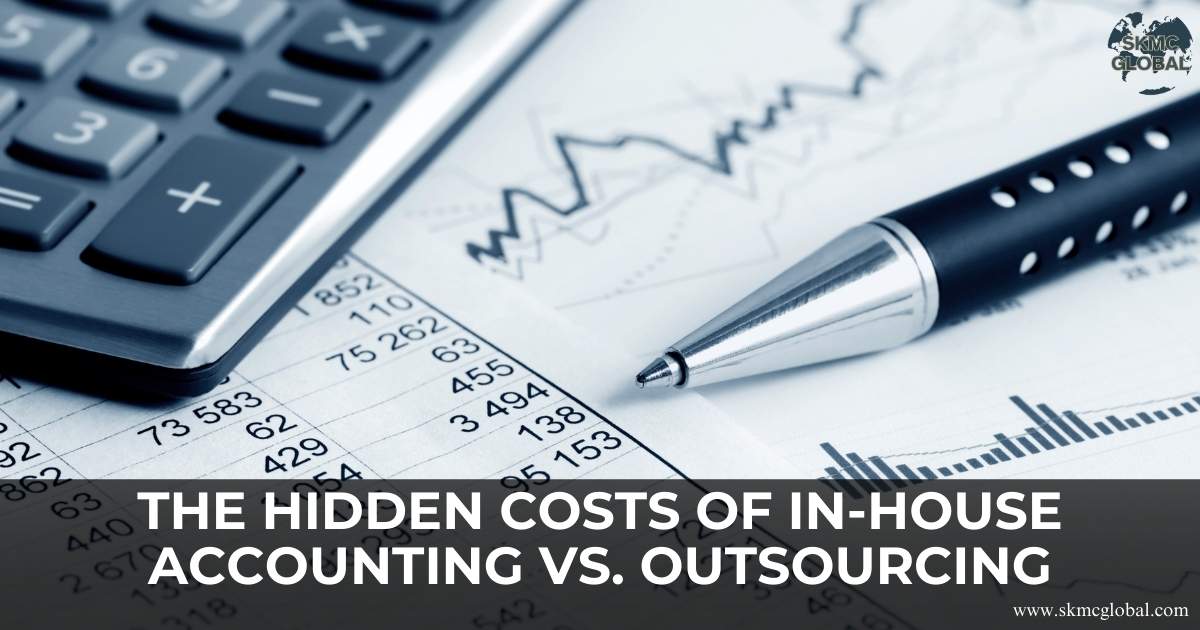 The Hidden Costs of In-House Accounting v/s Outsou...
Sep 17,2025
The Hidden Costs of In-House Accounting v/s Outsou...
Sep 17,2025
-
 TDS on sale of immovable property by an nri...
Sep 10,2025
TDS on sale of immovable property by an nri...
Sep 10,2025
-
 Setting up a Project Office in India...
Sep 08,2025
Setting up a Project Office in India...
Sep 08,2025
-
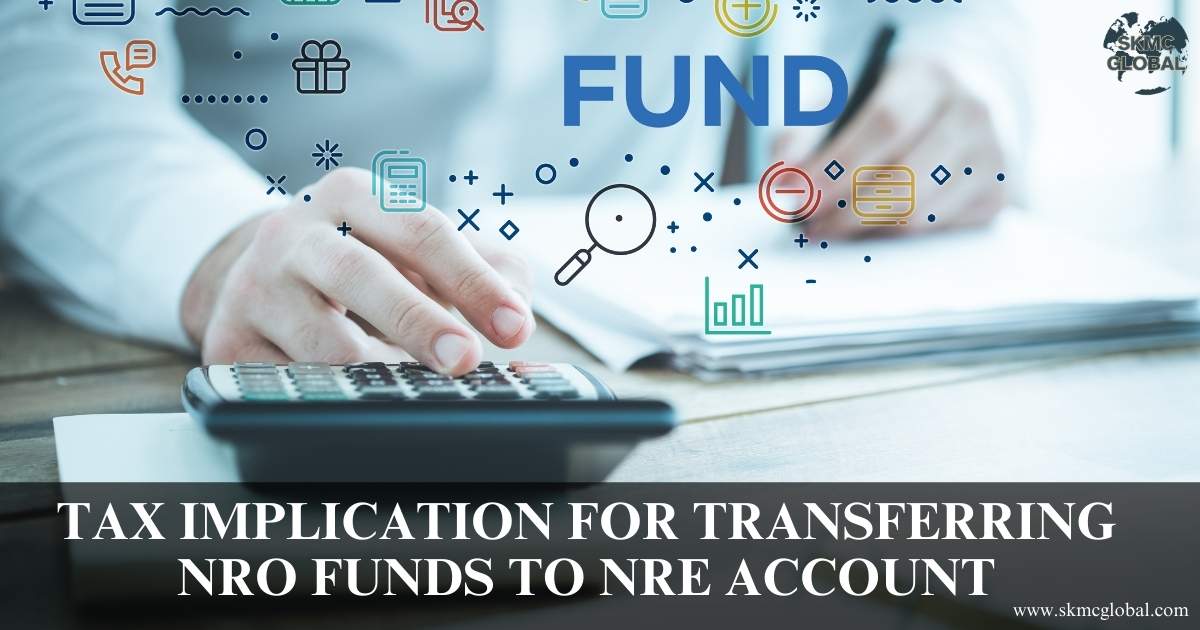 Tax Implication for Transferring NRO Funds to NRE ...
Sep 05,2025
Tax Implication for Transferring NRO Funds to NRE ...
Sep 05,2025
-
 How outsourcing CFO services helps the corporates ...
Aug 27,2025
How outsourcing CFO services helps the corporates ...
Aug 27,2025
-
 Why a Periodical Cash Flow Statement is Necessary ...
Aug 26,2025
Why a Periodical Cash Flow Statement is Necessary ...
Aug 26,2025
-
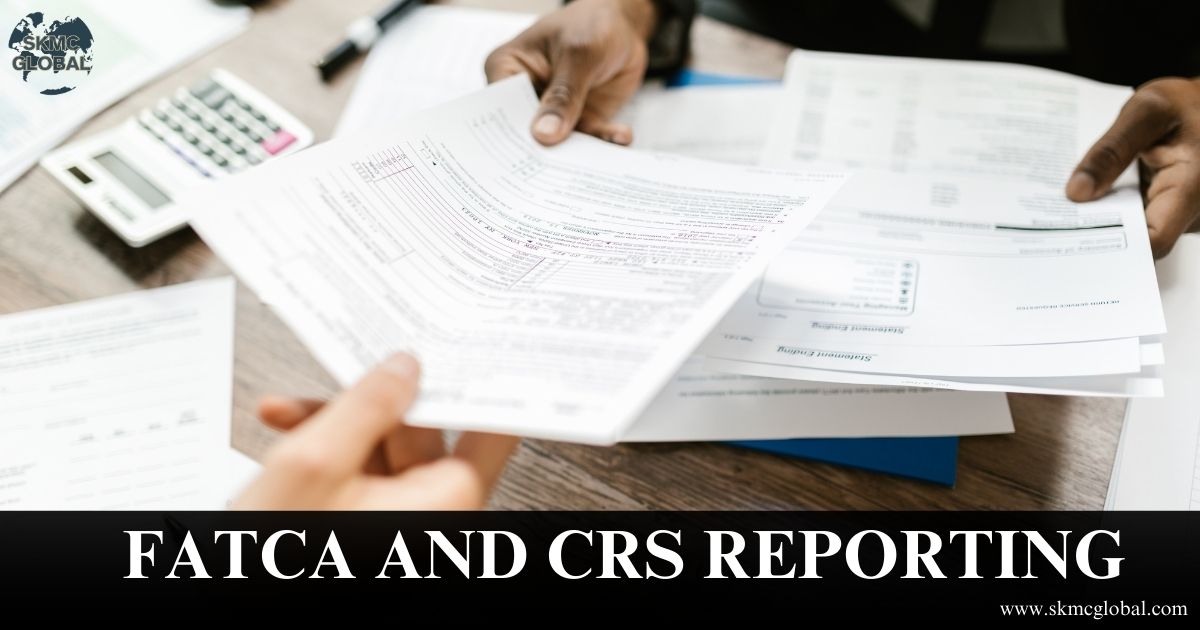 What is FATCA and CRS reporting and its difference...
Aug 22,2025
What is FATCA and CRS reporting and its difference...
Aug 22,2025
-
 What are unclaimed TDS Credits and how to claim it...
Aug 21,2025
What are unclaimed TDS Credits and how to claim it...
Aug 21,2025
-
 Digital Taxation is reshaping Tax Nexus Between Ju...
Aug 20,2025
Digital Taxation is reshaping Tax Nexus Between Ju...
Aug 20,2025
-
 Procedure to Take PF Registration and Its Complian...
Aug 18,2025
Procedure to Take PF Registration and Its Complian...
Aug 18,2025
-
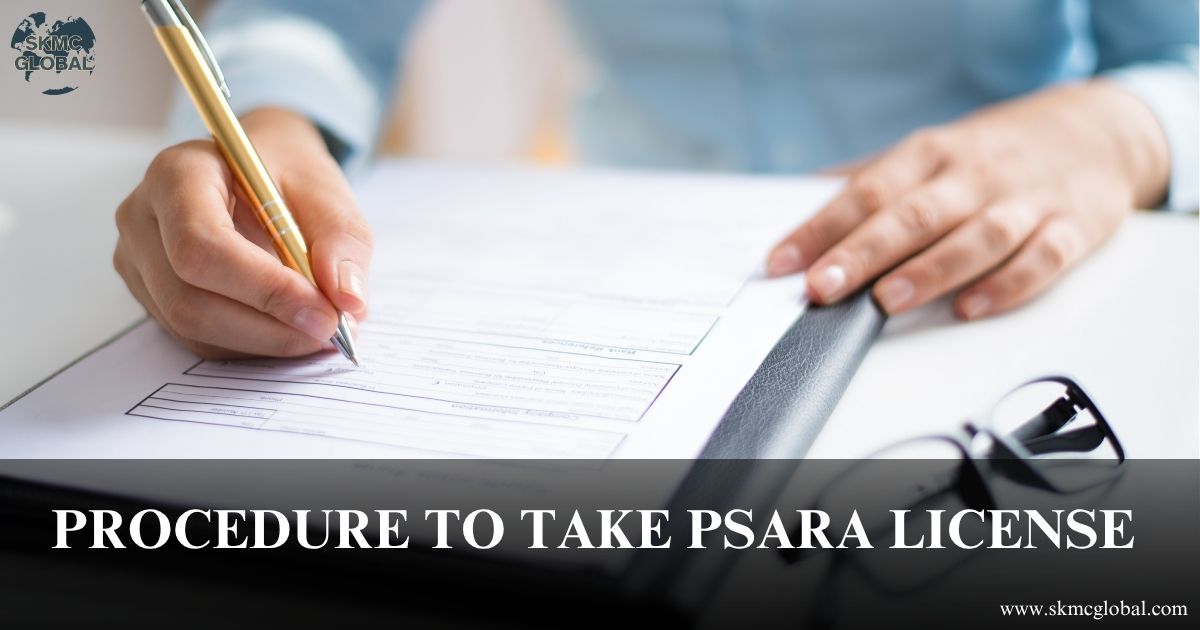 Procedure to take PSARA License...
Aug 11,2025
Procedure to take PSARA License...
Aug 11,2025
-
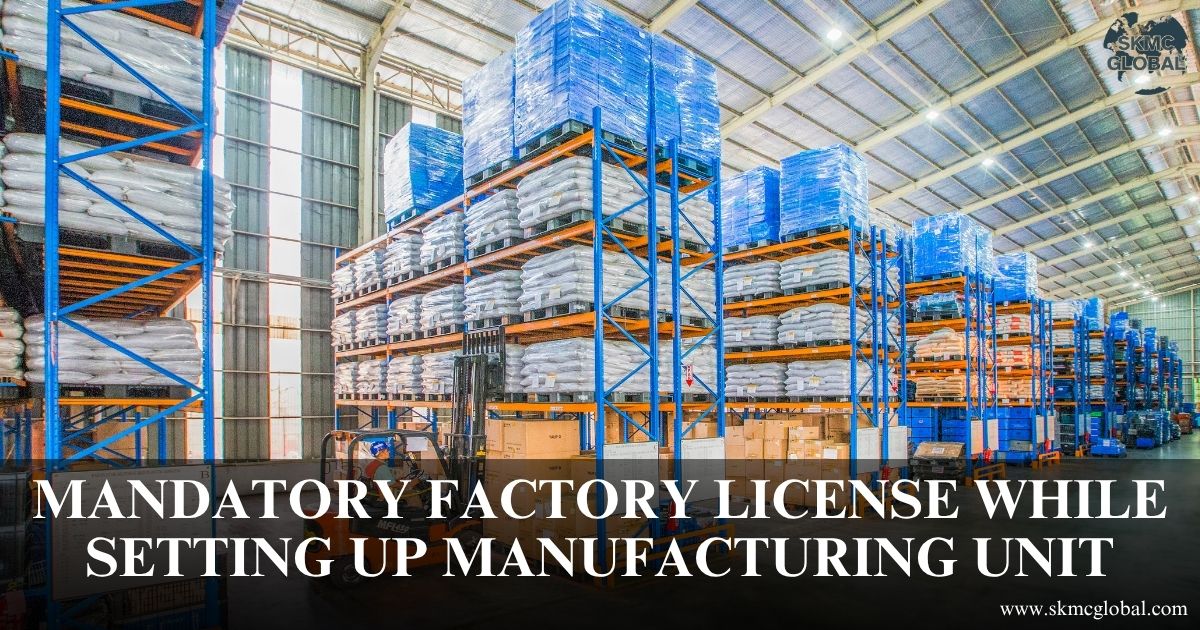 Mandatory factory license while setting up manufac...
Aug 08,2025
Mandatory factory license while setting up manufac...
Aug 08,2025
-
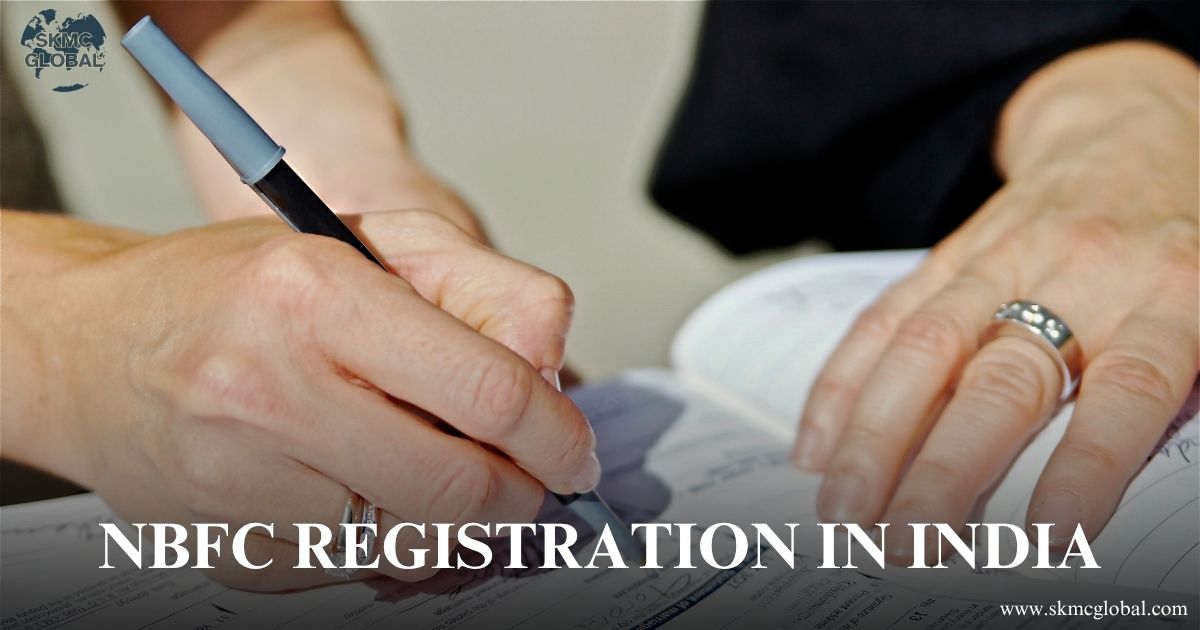 Procedure for obtaining NBFC Registration in India...
Aug 04,2025
Procedure for obtaining NBFC Registration in India...
Aug 04,2025
-
 FSSAI License registration for Food Business...
Jul 14,2025
FSSAI License registration for Food Business...
Jul 14,2025
-
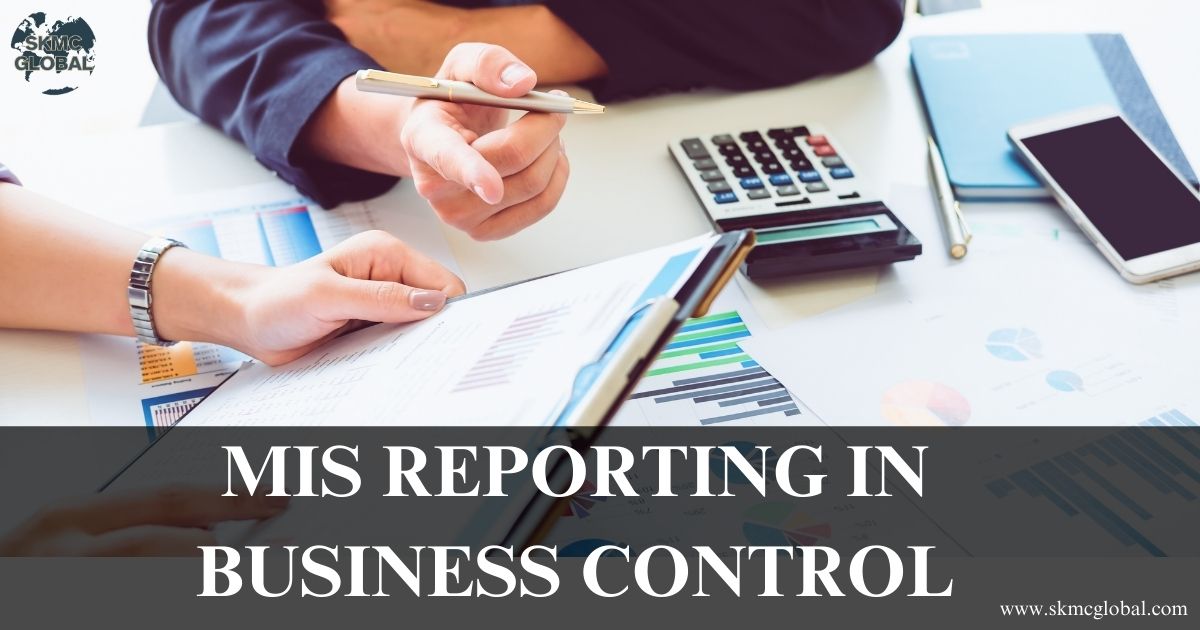 How Management Information System (MIS) reporting ...
Jul 11,2025
How Management Information System (MIS) reporting ...
Jul 11,2025
-
 IFRS 9 impairment- A complete guide...
Jul 12,2025
IFRS 9 impairment- A complete guide...
Jul 12,2025
-
 Why most of the companies are shifting to hr and p...
Jul 10,2025
Why most of the companies are shifting to hr and p...
Jul 10,2025
-
 A complete guide on valuation of shares...
Jul 10,2025
A complete guide on valuation of shares...
Jul 10,2025
-
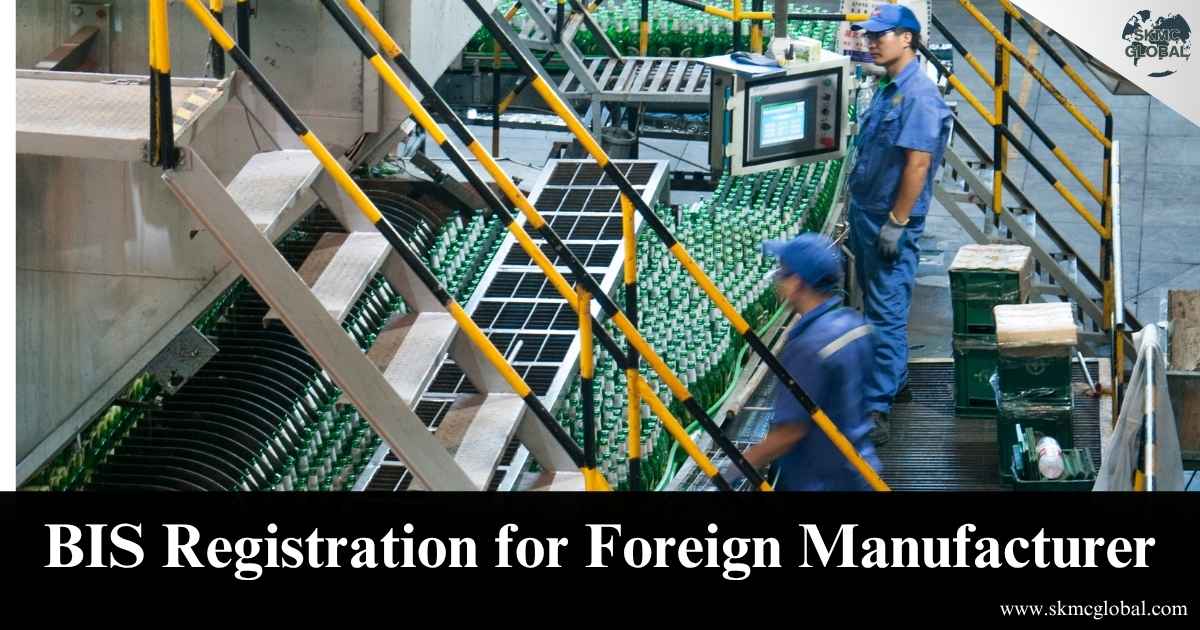 BIS registration for foreign manufacturer...
Jul 09,2025
BIS registration for foreign manufacturer...
Jul 09,2025
-
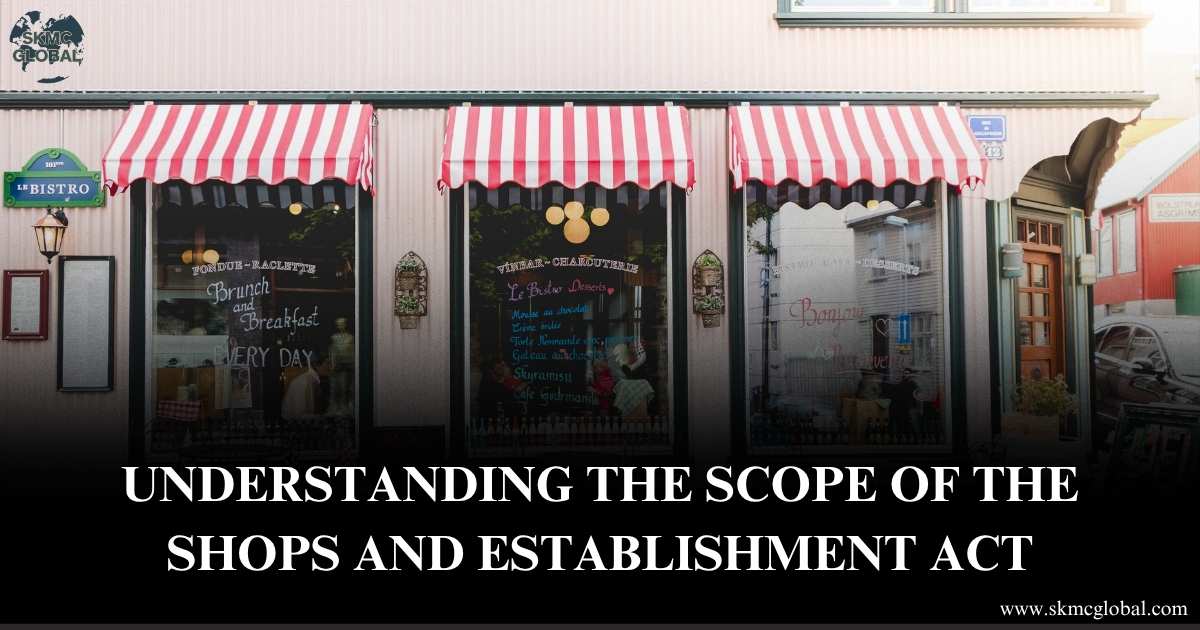 Understanding the Scope of the Shops and Establish...
Jul 08,2025
Understanding the Scope of the Shops and Establish...
Jul 08,2025
-
 Coso framework: Complete guide on internal control...
Jun 26,2025
Coso framework: Complete guide on internal control...
Jun 26,2025
-
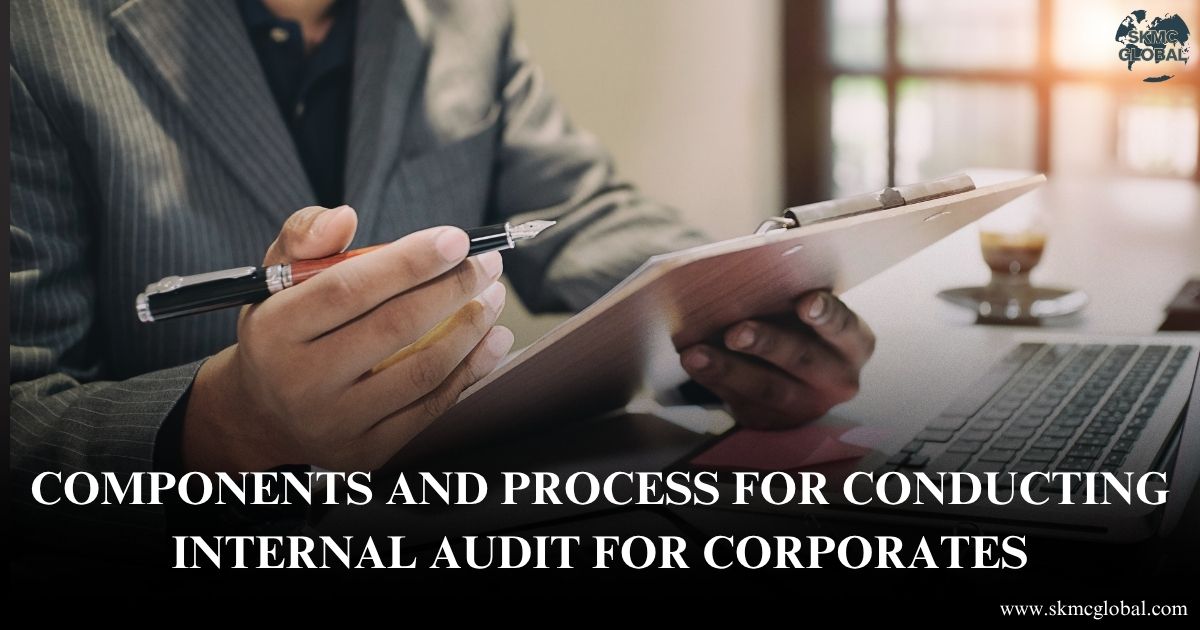 Components and Process for Conducting Internal Aud...
Jun 25,2025
Components and Process for Conducting Internal Aud...
Jun 25,2025
-
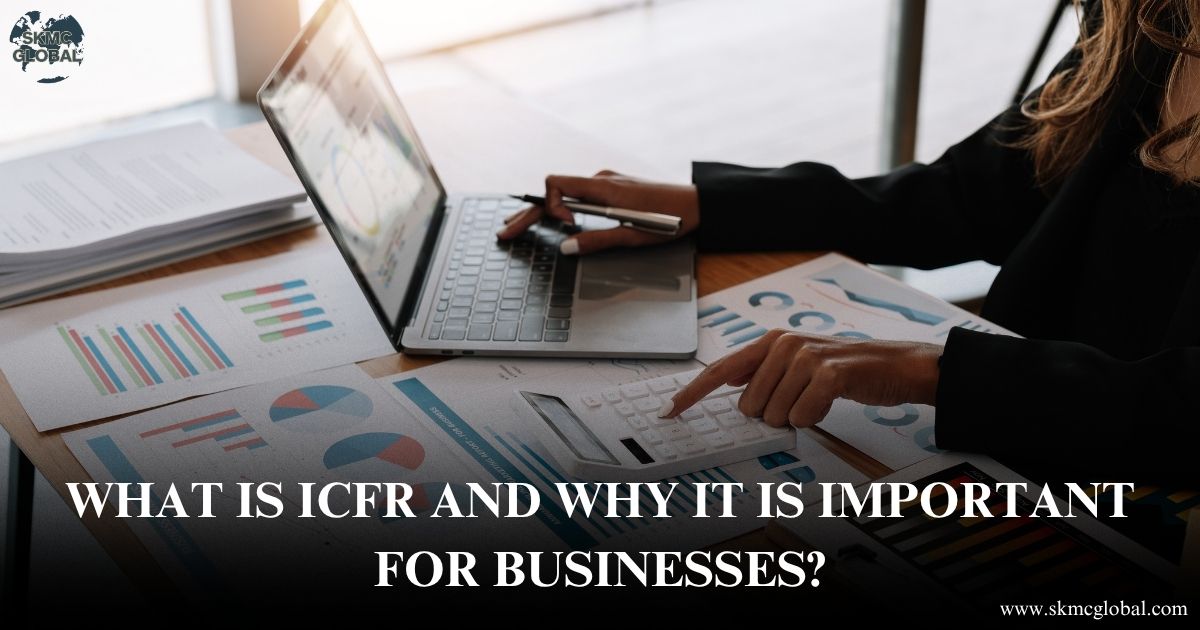 What is ICFR and Why It is Important for Businesse...
Jun 24,2025
What is ICFR and Why It is Important for Businesse...
Jun 24,2025
-
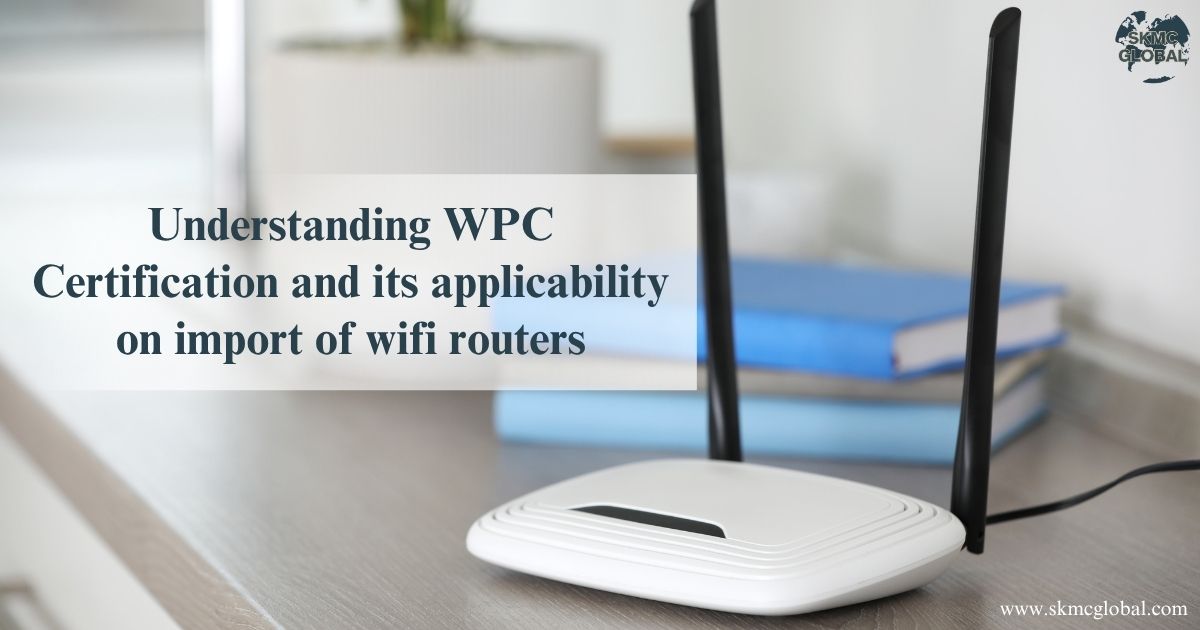 Understanding WPC Certification and its applicabil...
Jun 23,2025
Understanding WPC Certification and its applicabil...
Jun 23,2025
-
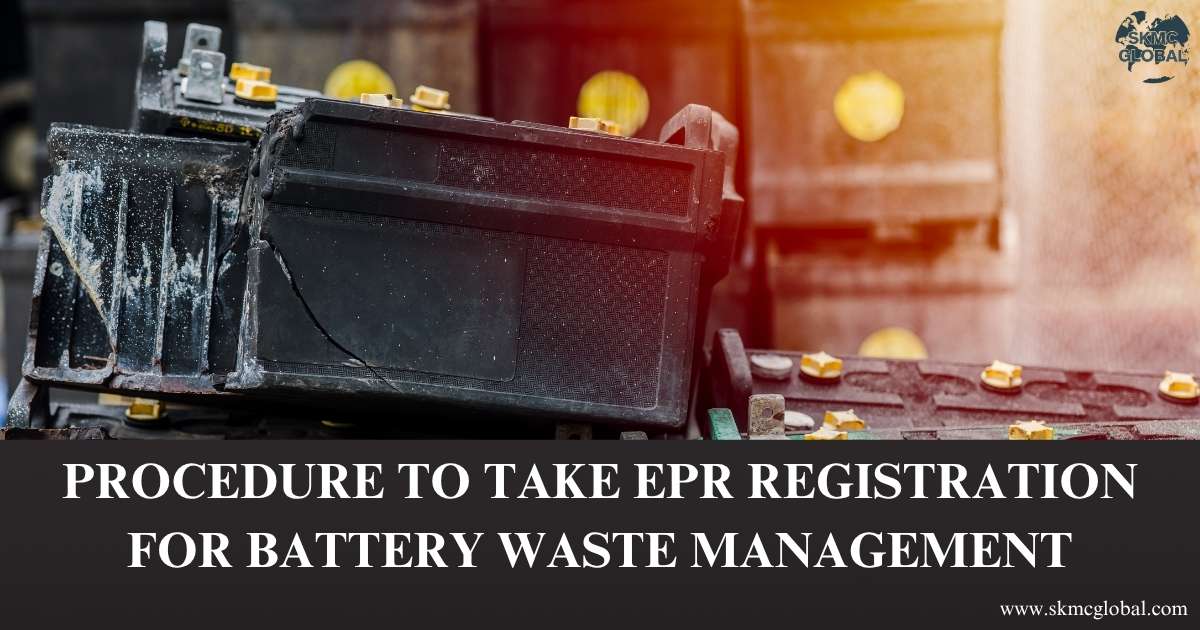 Procedure to take EPR registration for battery was...
Jun 21,2025
Procedure to take EPR registration for battery was...
Jun 21,2025
-
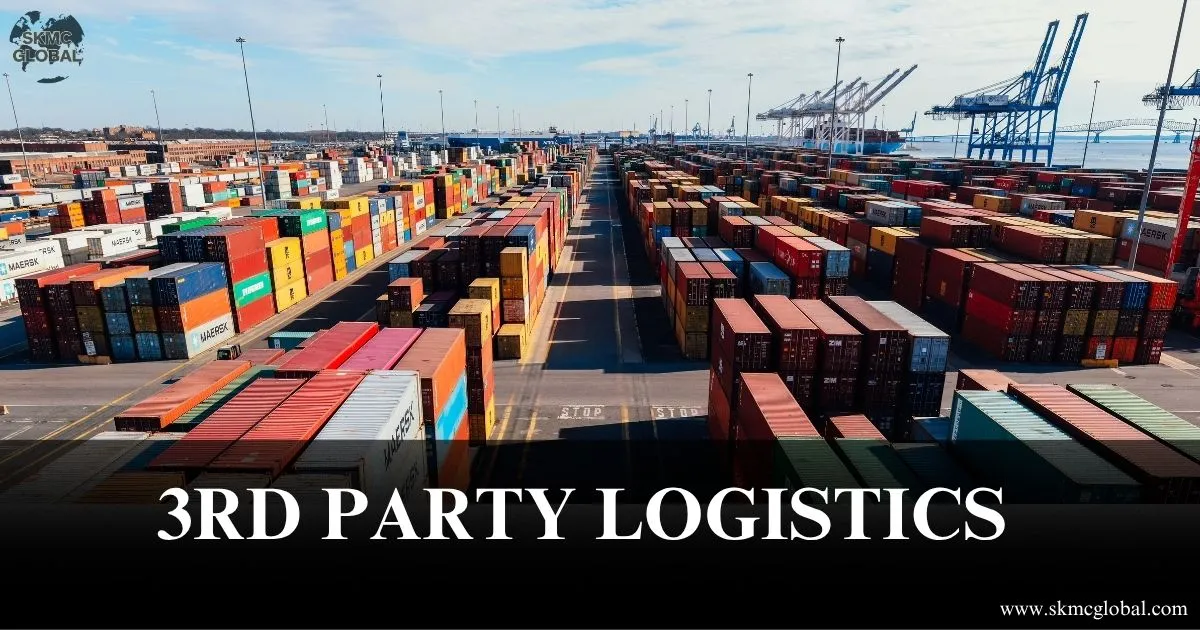 3PL Logistics...
Jun 19,2025
3PL Logistics...
Jun 19,2025
-
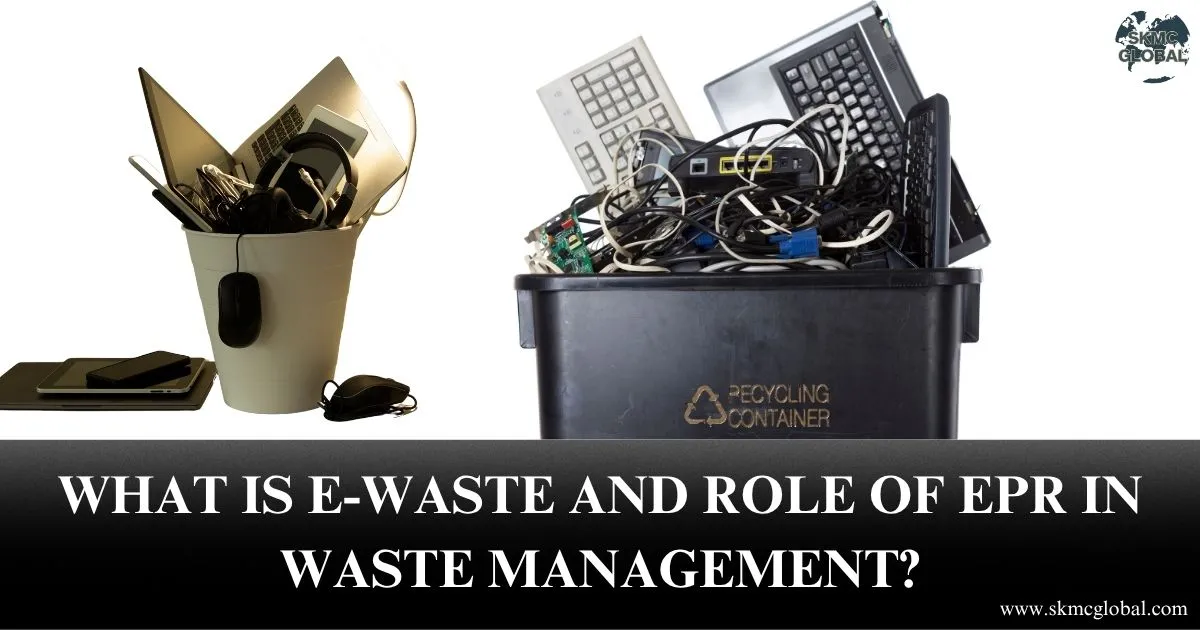 What is E-Waste and role of EPR in Waste Managemen...
Jun 17,2025
What is E-Waste and role of EPR in Waste Managemen...
Jun 17,2025
-
 M&A Due Diligence in India: How to Spot Target Com...
Jun 16,2025
M&A Due Diligence in India: How to Spot Target Com...
Jun 16,2025
-
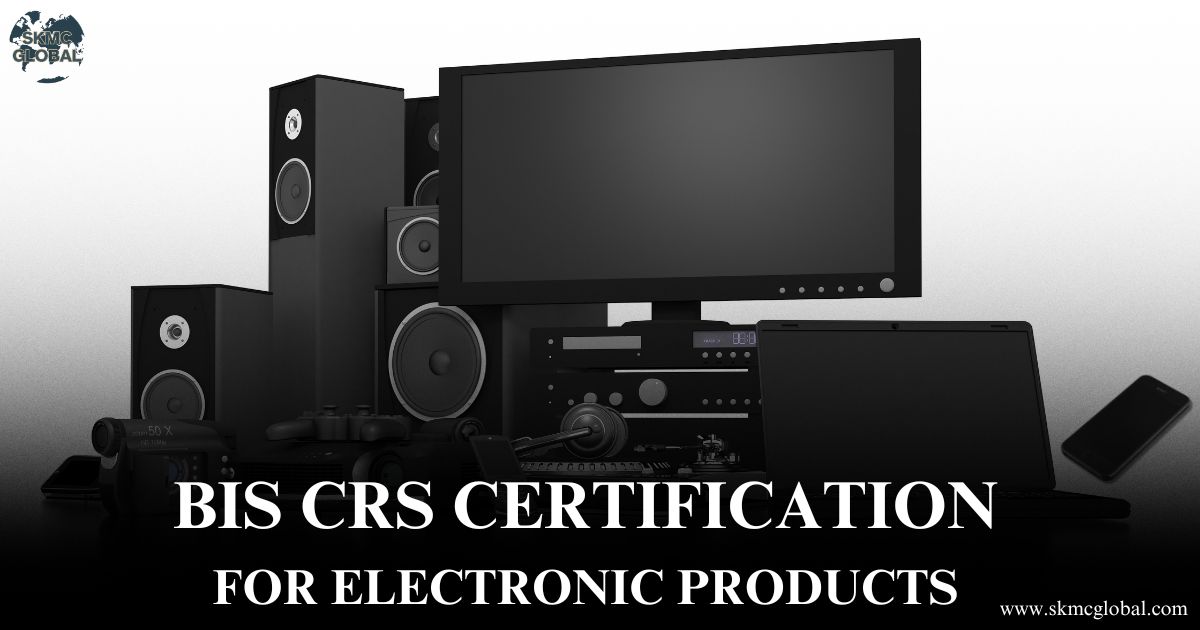 BIS crs certification for electronic products...
Jun 12,2025
BIS crs certification for electronic products...
Jun 12,2025
-
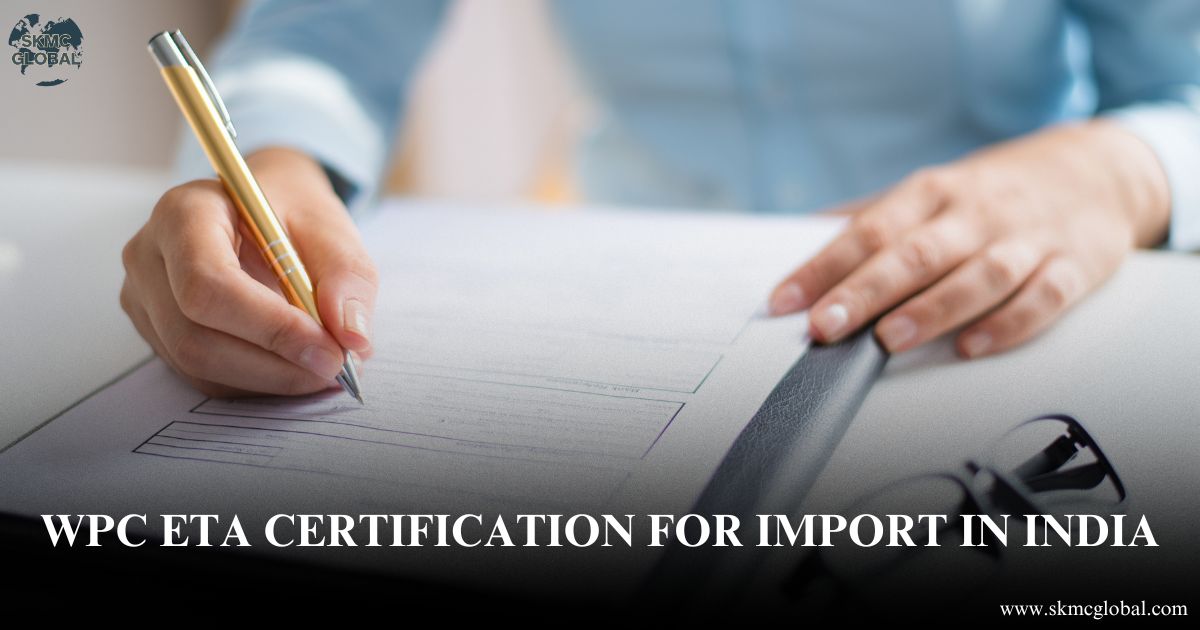 All you need to know about WPC ETA certification f...
Jun 11,2025
All you need to know about WPC ETA certification f...
Jun 11,2025
-
 What is CDSCO Registration under The Drugs & Cosme...
Jun 10,2025
What is CDSCO Registration under The Drugs & Cosme...
Jun 10,2025
-
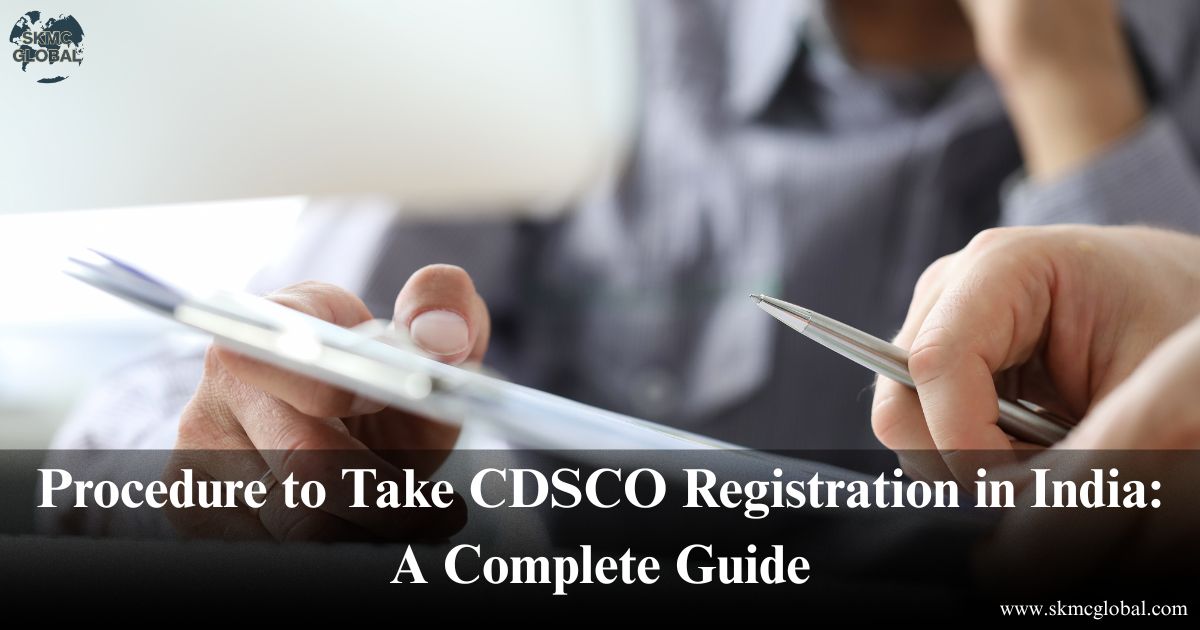 Procedure to Take CDSCO Registration in India: A C...
Jun 09,2025
Procedure to Take CDSCO Registration in India: A C...
Jun 09,2025
-
 All You Need to Know About AERB Registration...
Jun 07,2025
All You Need to Know About AERB Registration...
Jun 07,2025
-
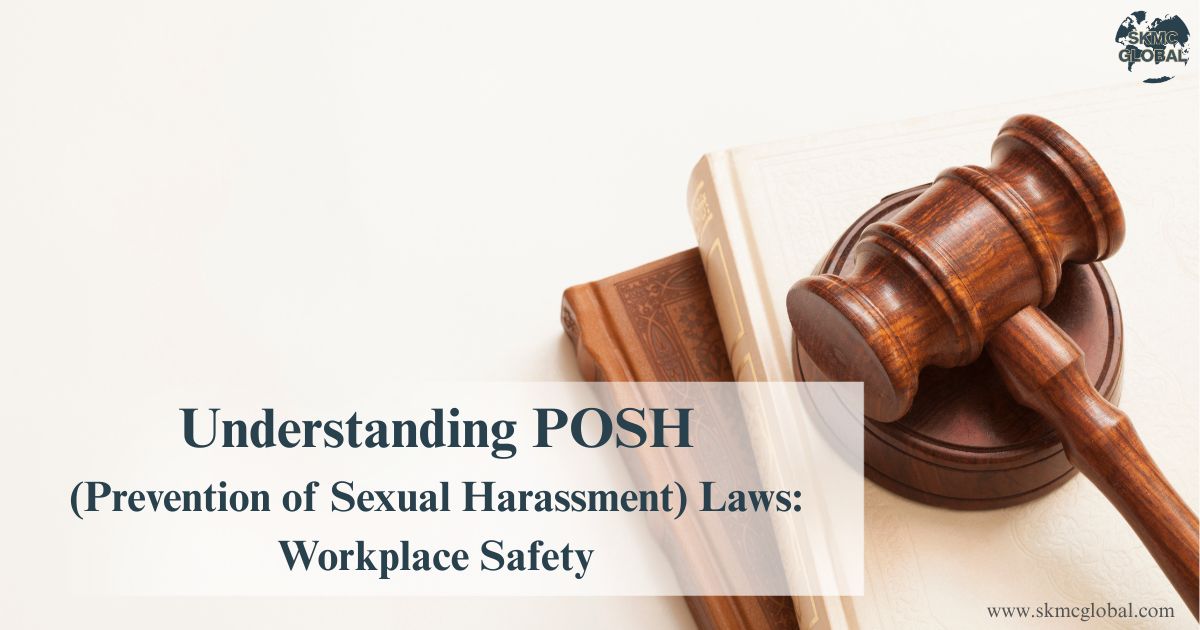 Understanding POSH (Prevention of Sexual Harassmen...
Jun 03,2025
Understanding POSH (Prevention of Sexual Harassmen...
Jun 03,2025
-
 Chartered Accountant's role in financial managemen...
May 23,2025
Chartered Accountant's role in financial managemen...
May 23,2025
-
 5 Things to keep in your mind while running payrol...
May 17,2025
5 Things to keep in your mind while running payrol...
May 17,2025
-
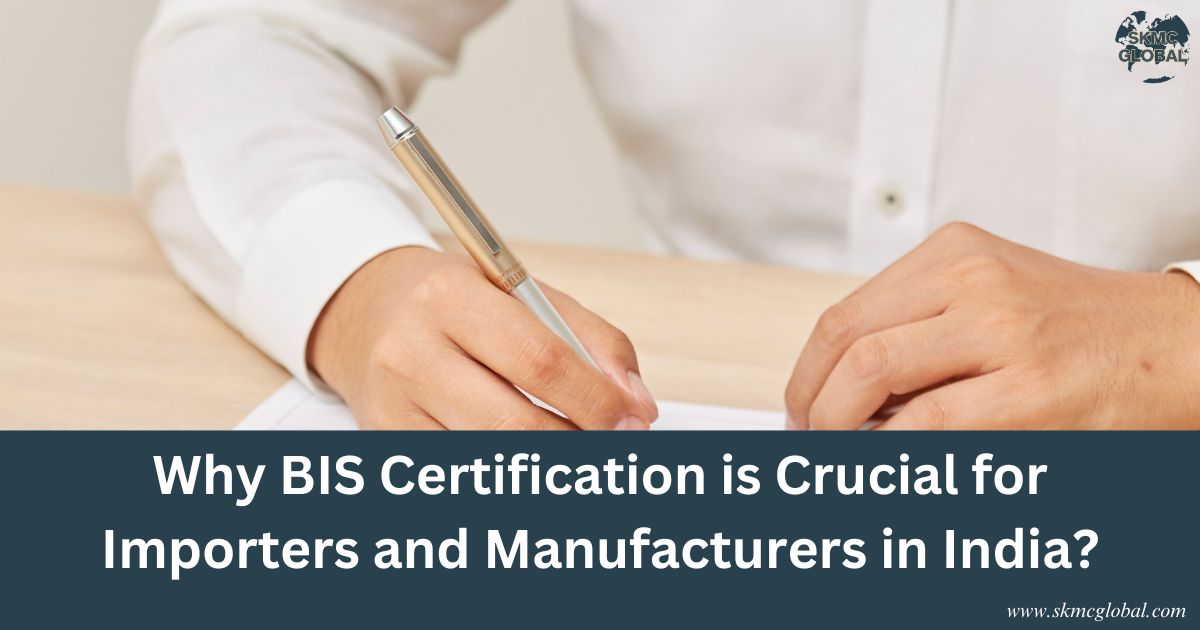 Why BIS Certification is Crucial for Importers and...
May 15,2025
Why BIS Certification is Crucial for Importers and...
May 15,2025
-
 Top 7 Reasons Indian Entrepreneurs Are Switching t...
May 07,2025
Top 7 Reasons Indian Entrepreneurs Are Switching t...
May 07,2025
-
 Incorporation of Company in Japan...
Apr 24,2025
Incorporation of Company in Japan...
Apr 24,2025
-
 How to set up a Representative Office in Singapore...
Apr 14,2025
How to set up a Representative Office in Singapore...
Apr 14,2025
-
 BIS certificate for medical equipments...
Apr 09,2025
BIS certificate for medical equipments...
Apr 09,2025
-
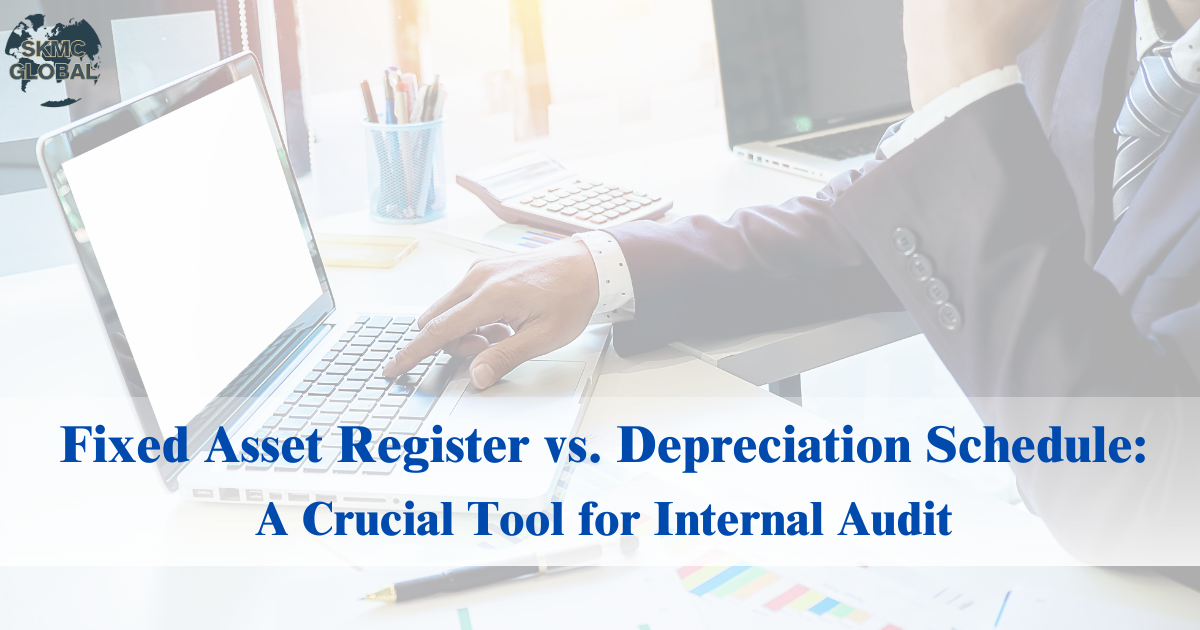 Fixed Asset Register v/s Depreciation Schedule: A ...
Apr 02,2025
Fixed Asset Register v/s Depreciation Schedule: A ...
Apr 02,2025
-
 Role of AI in Accounting...
Mar 26,2025
Role of AI in Accounting...
Mar 26,2025
-
 Capital Structure & its Impact on Profitability...
Feb 21,2025
Capital Structure & its Impact on Profitability...
Feb 21,2025
-
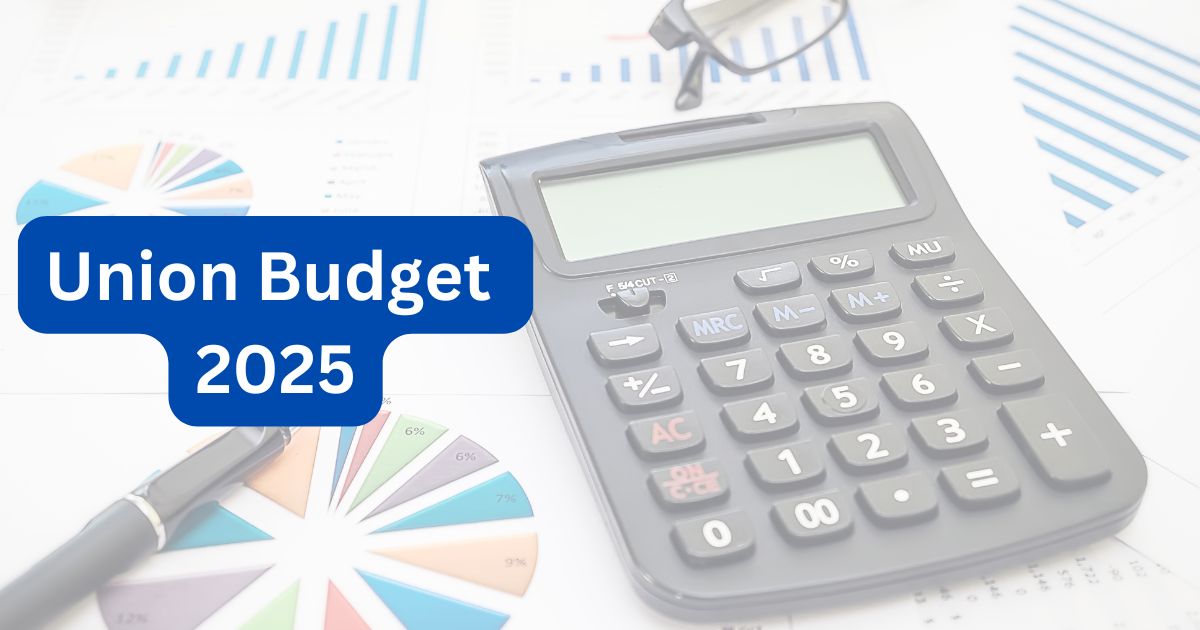 Union Budget 2025...
Feb 01,2025
Union Budget 2025...
Feb 01,2025
-
 What is EPR in Plastic waste Management? ...
Jul 12,2022
What is EPR in Plastic waste Management? ...
Jul 12,2022
-
 Lithium-ion Battery Recycling Plant Setup in India...
May 10,2022
Lithium-ion Battery Recycling Plant Setup in India...
May 10,2022
-
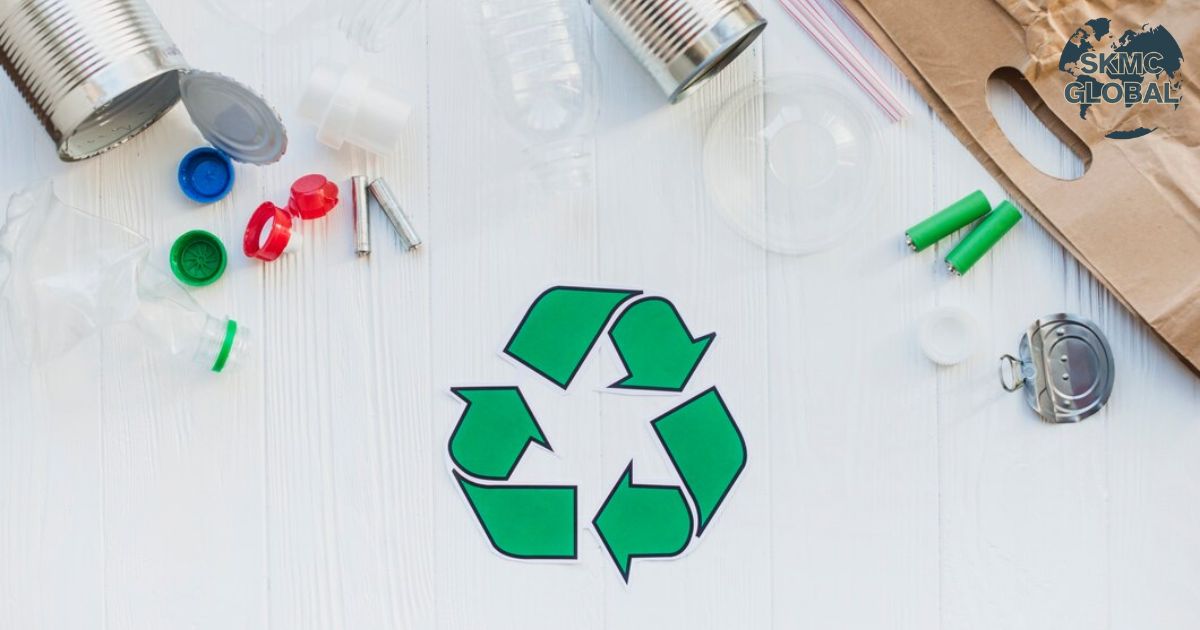 Setting up E-waste Recycling Plant Setup...
Jan 12,2022
Setting up E-waste Recycling Plant Setup...
Jan 12,2022
-
 Applicability of Labour Laws in India...
Jul 15,2021
Applicability of Labour Laws in India...
Jul 15,2021
-
 Basis to Outsource Finance and Accounting Services...
Oct 31,2021
Basis to Outsource Finance and Accounting Services...
Oct 31,2021
